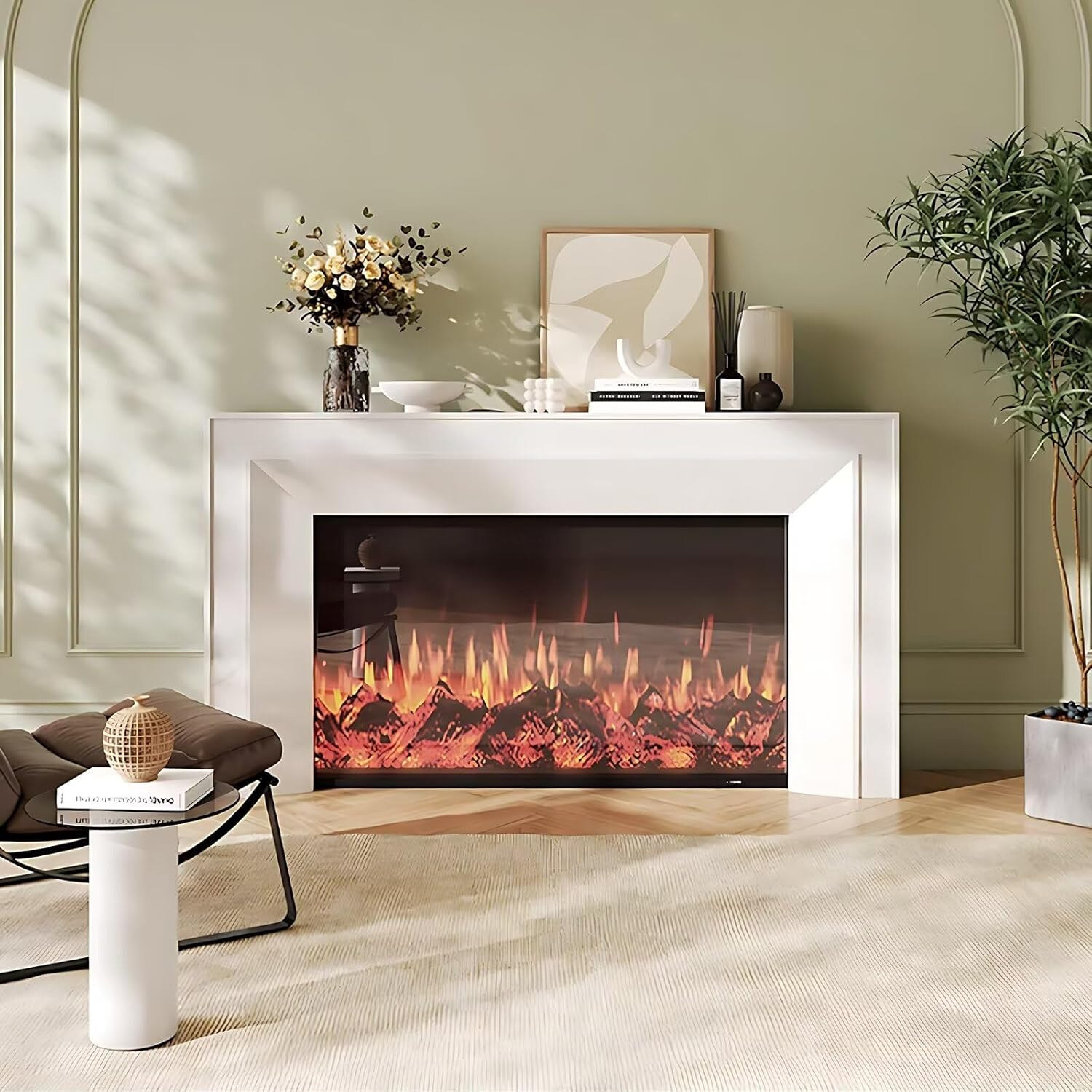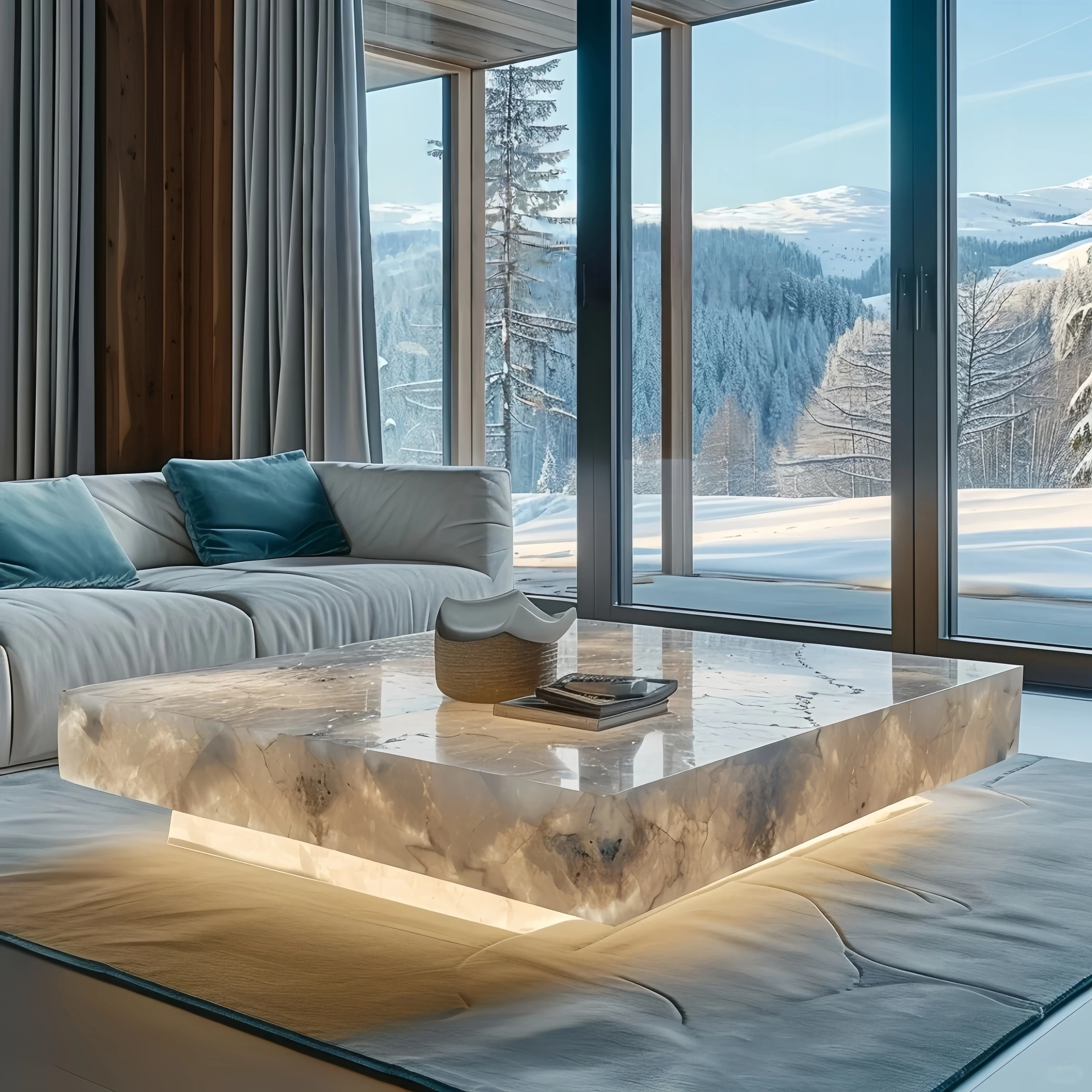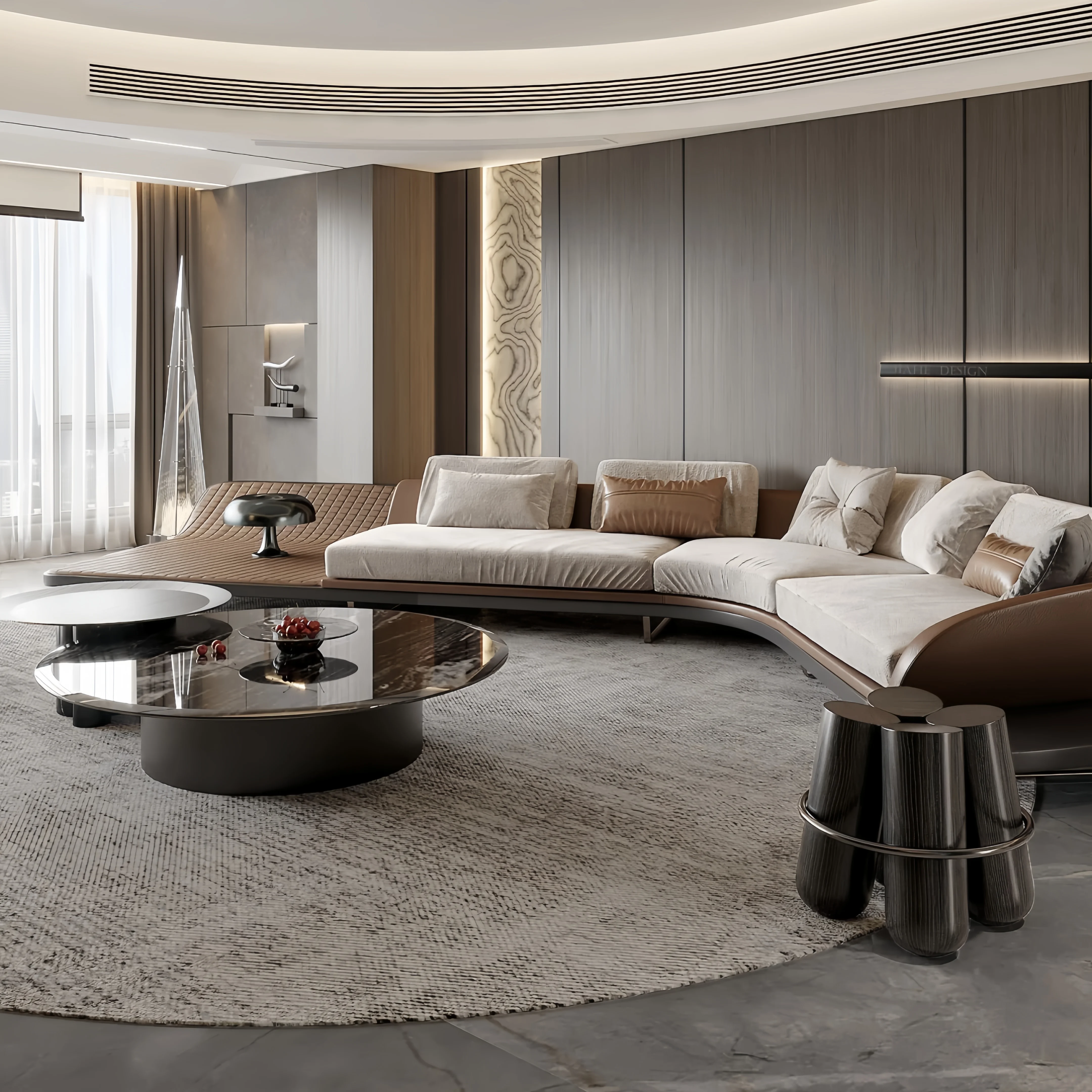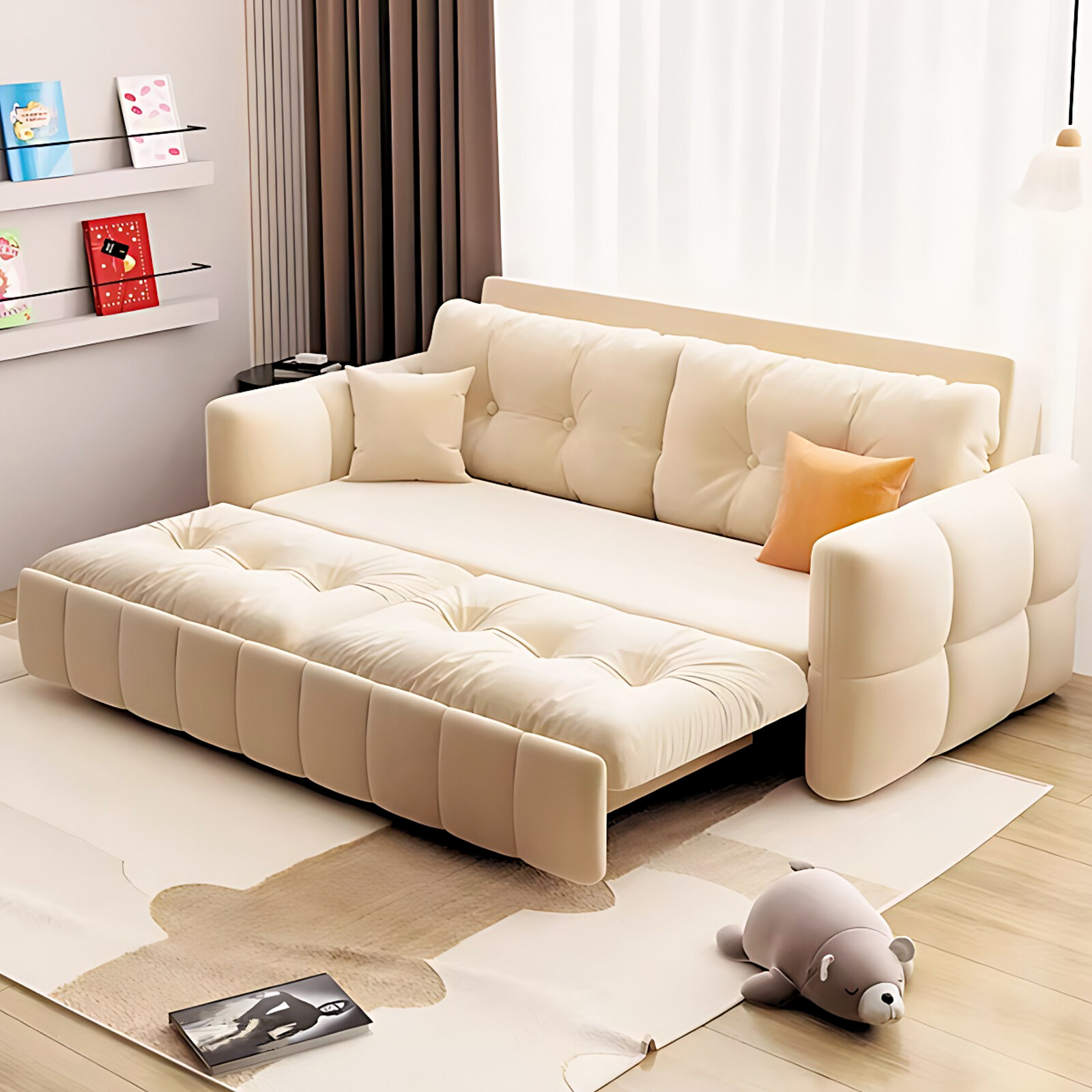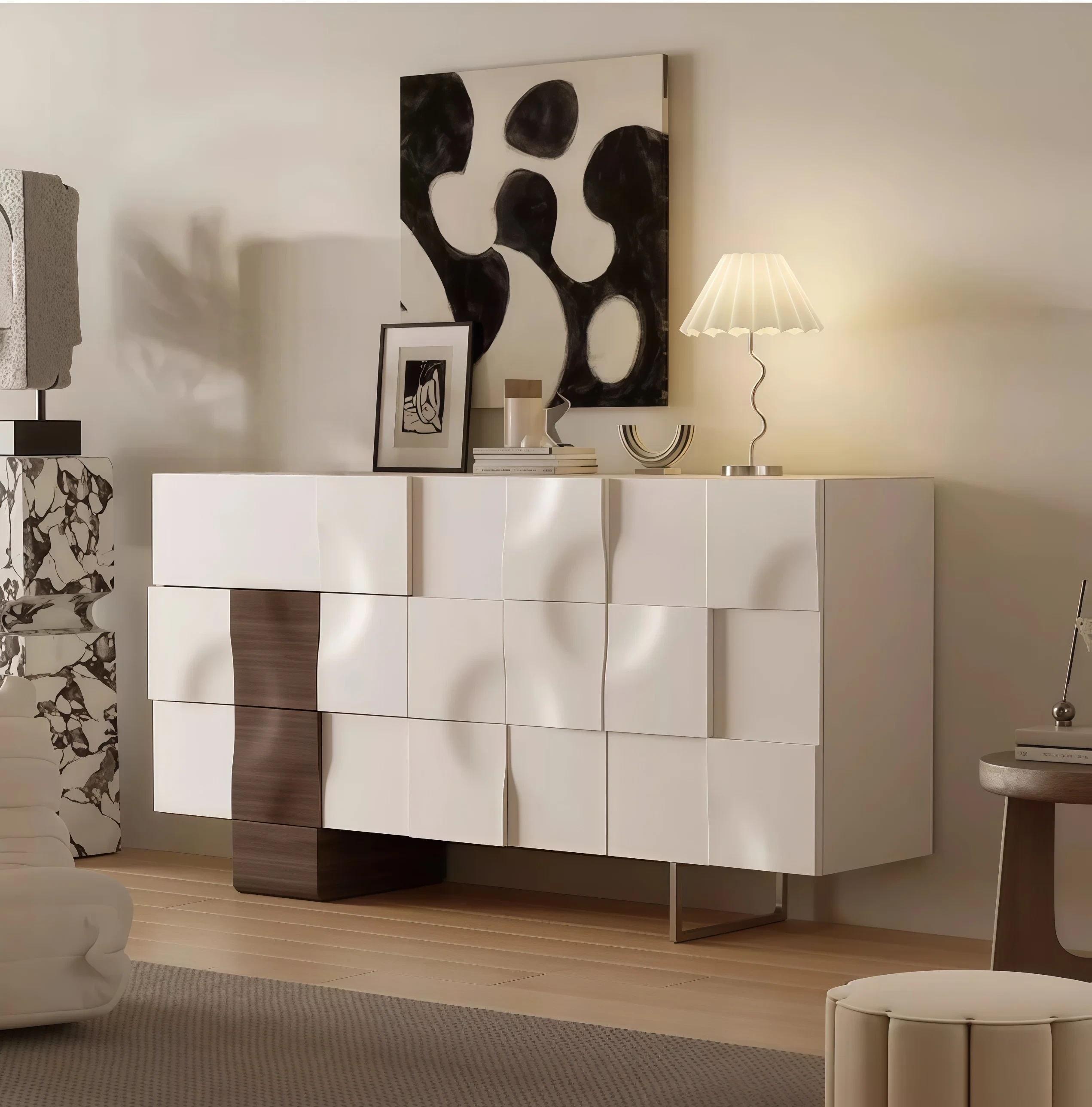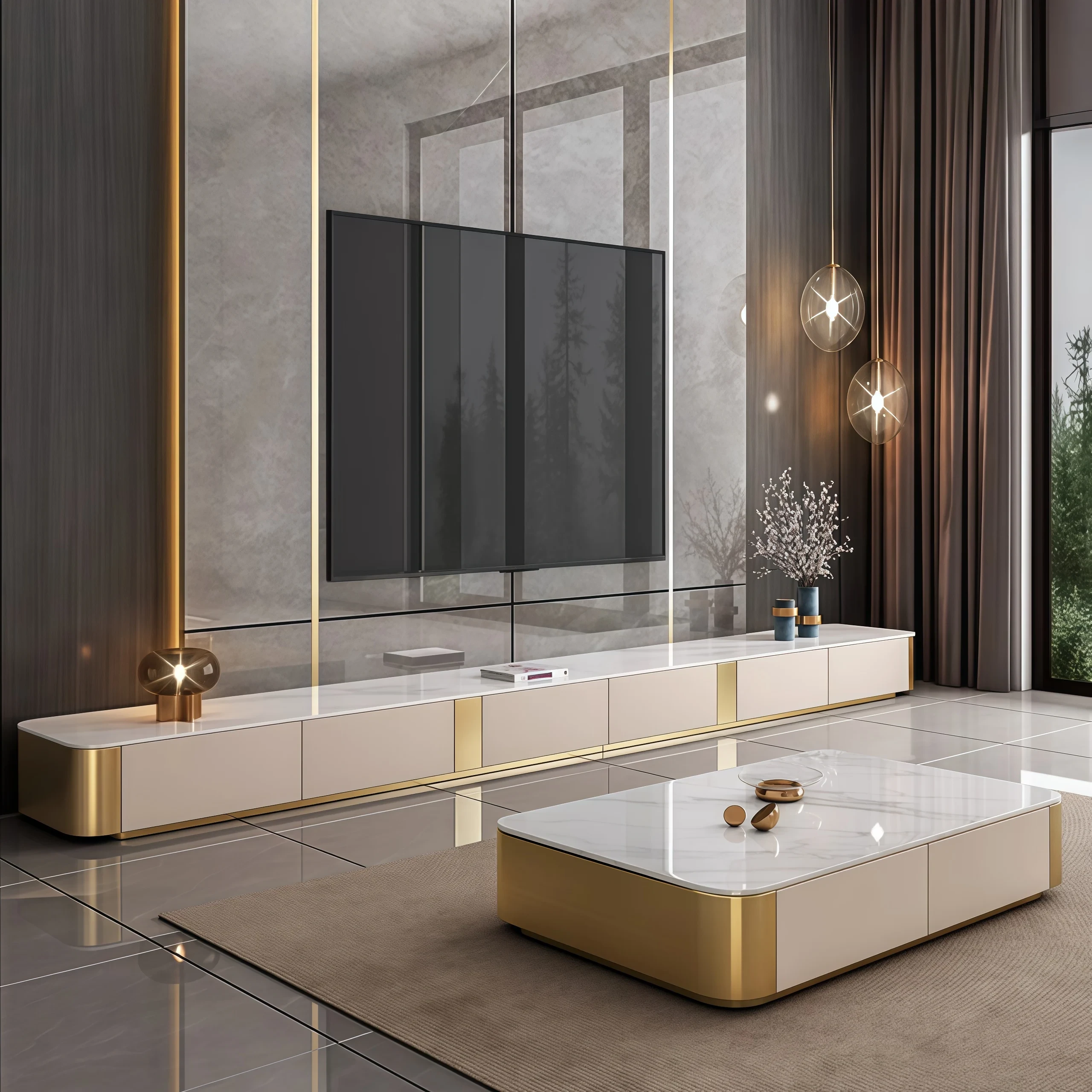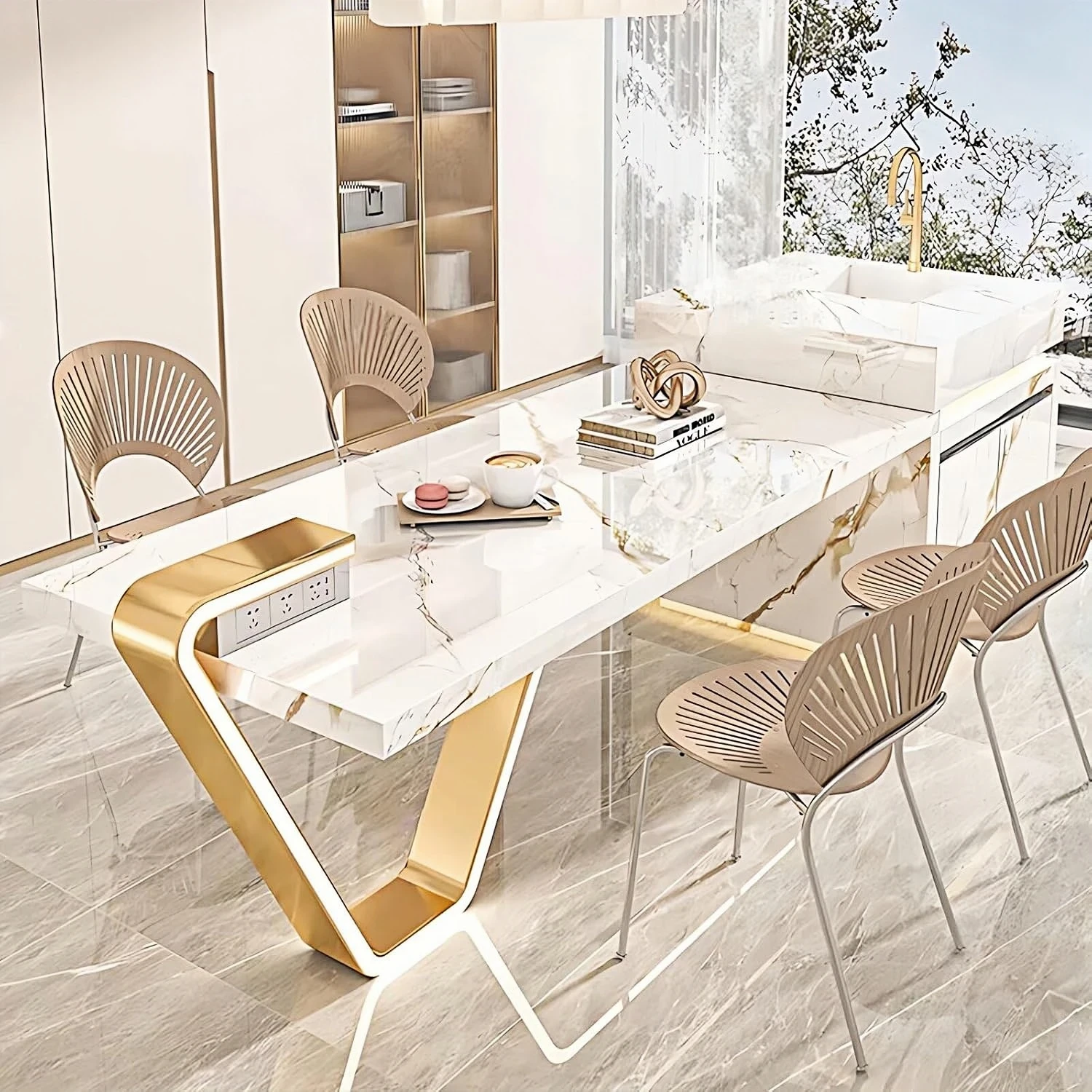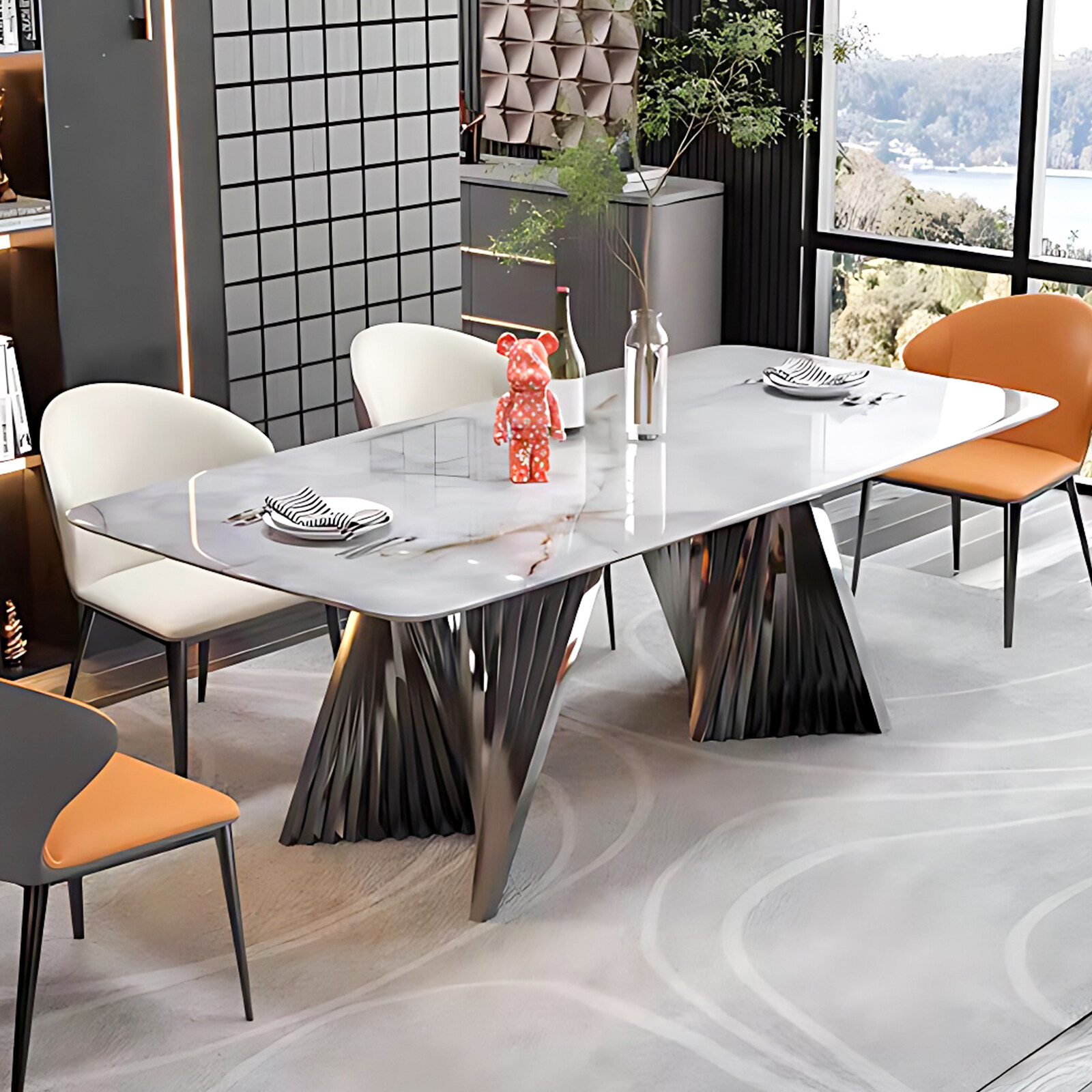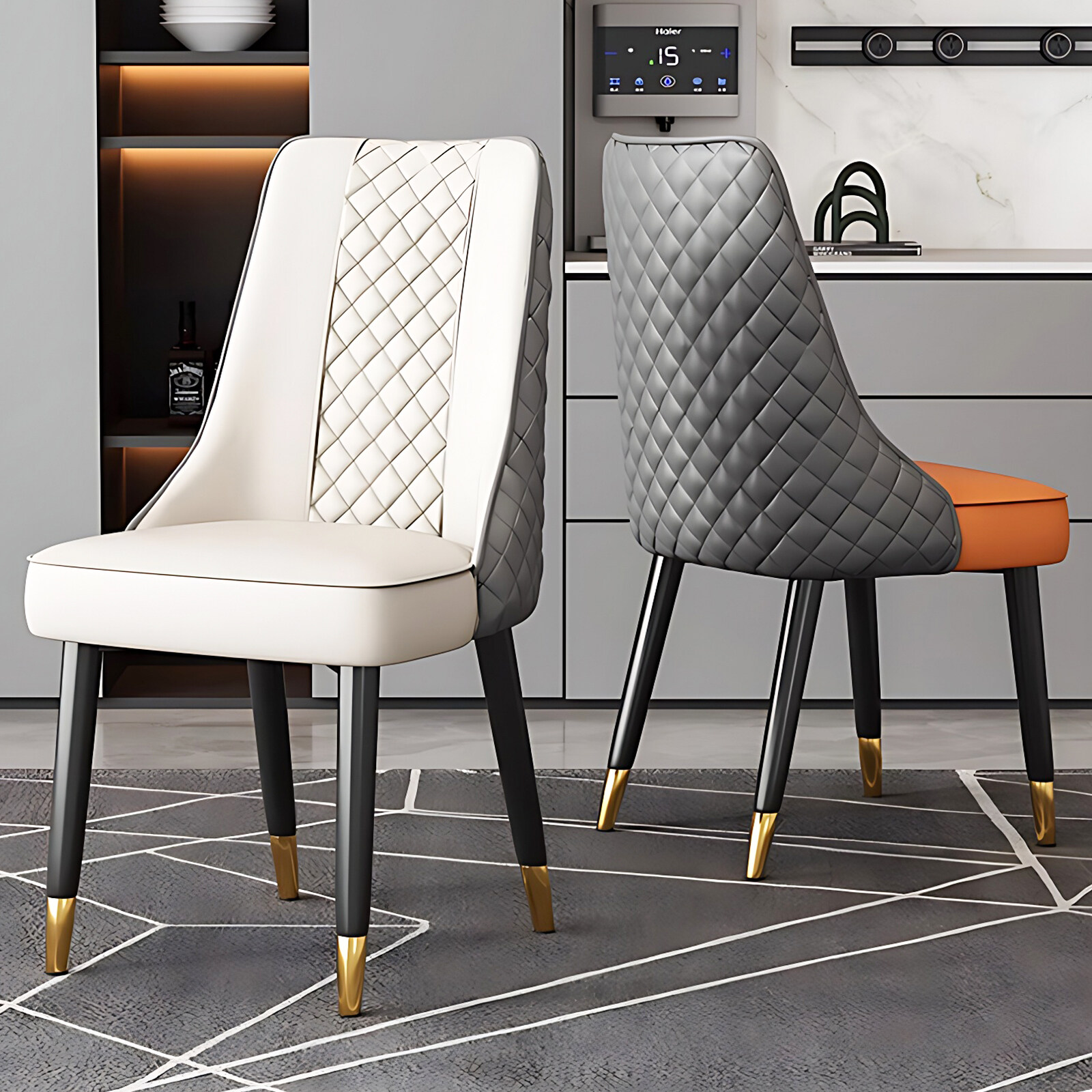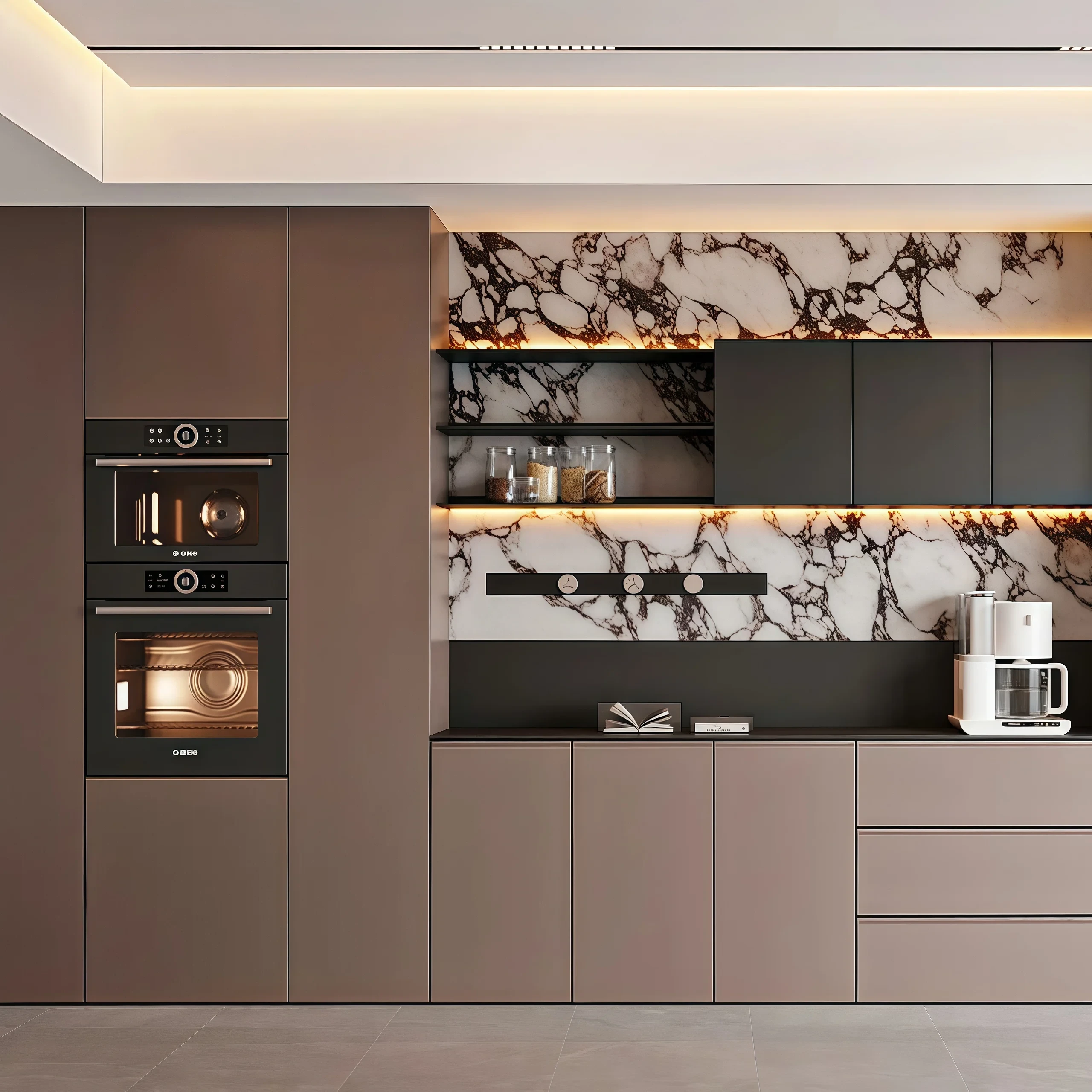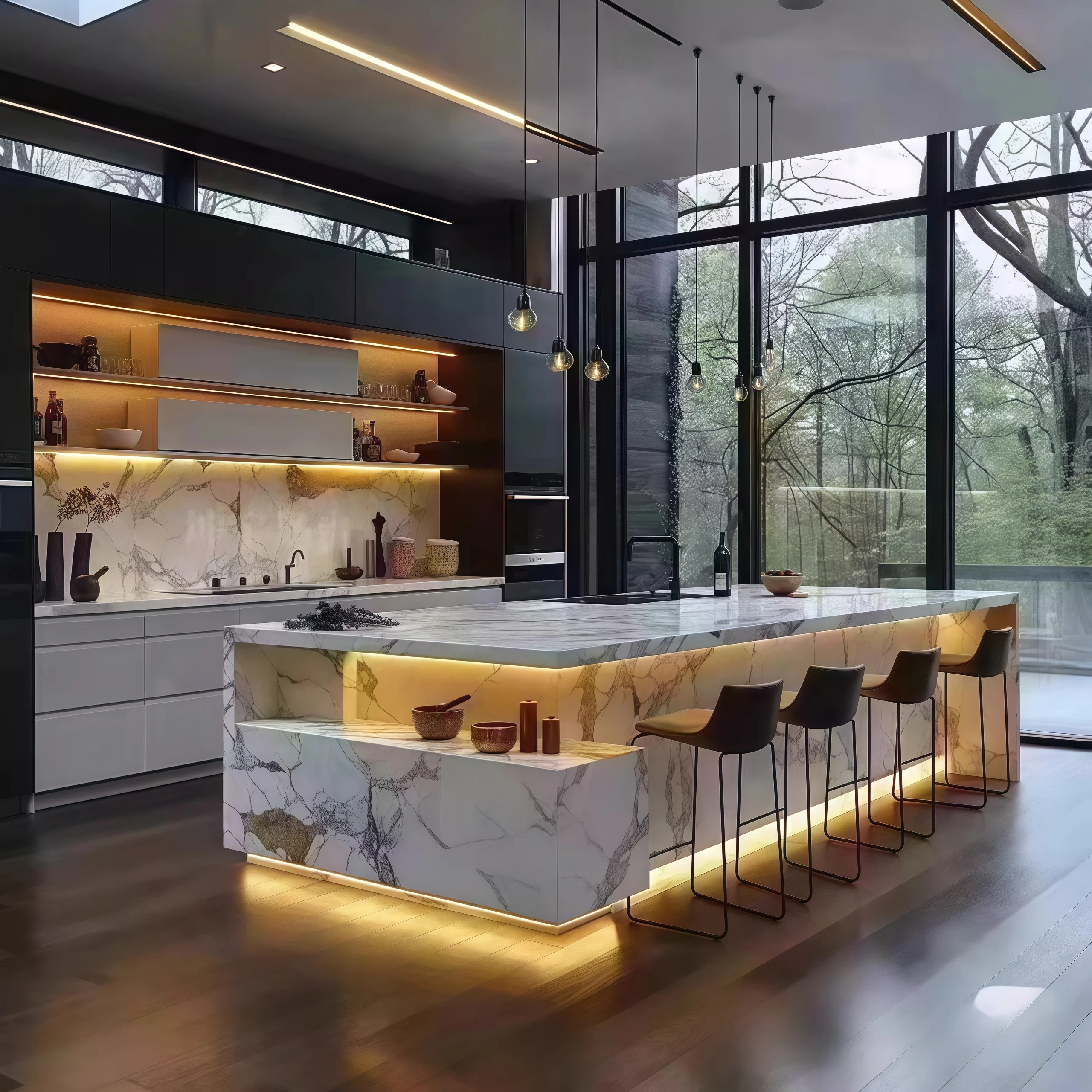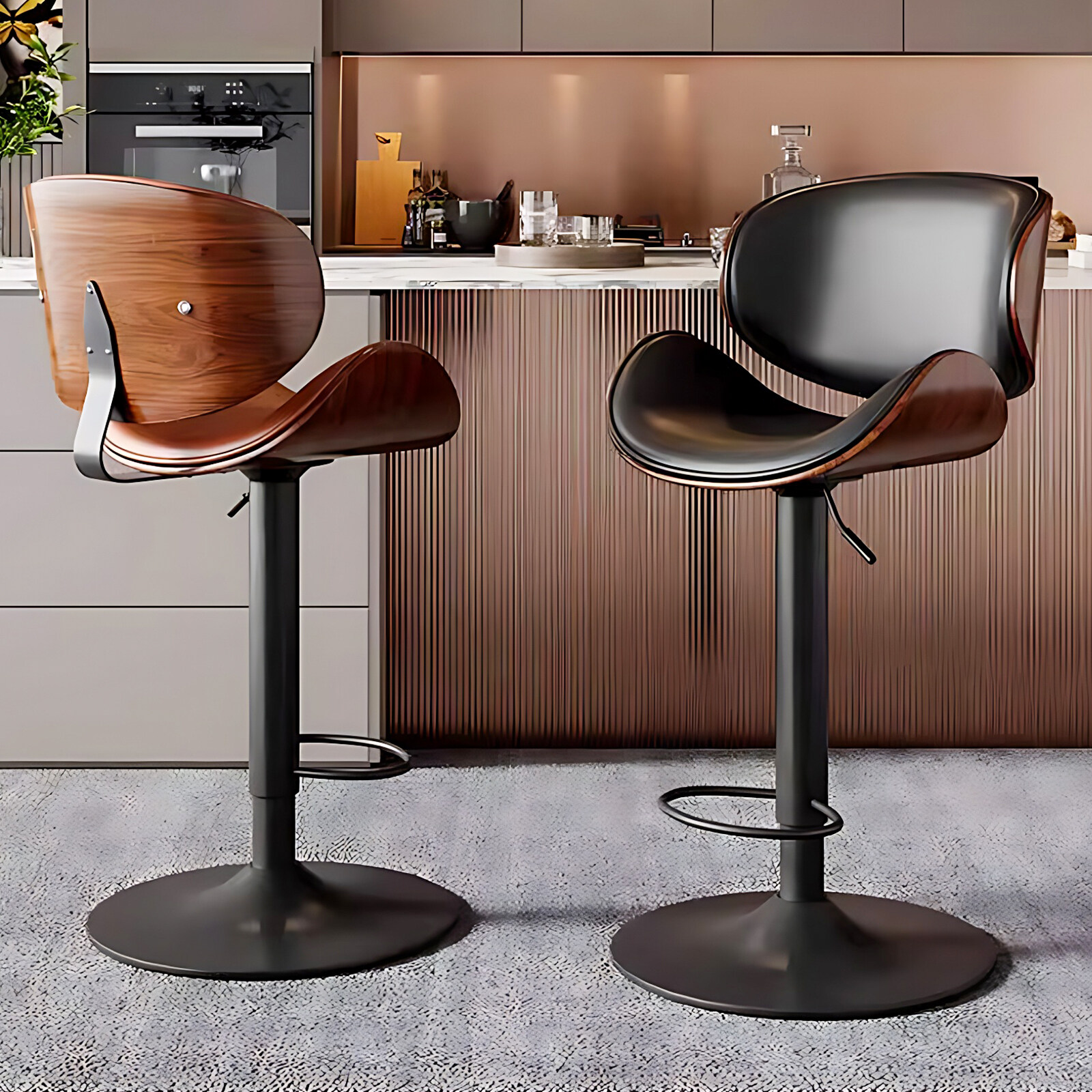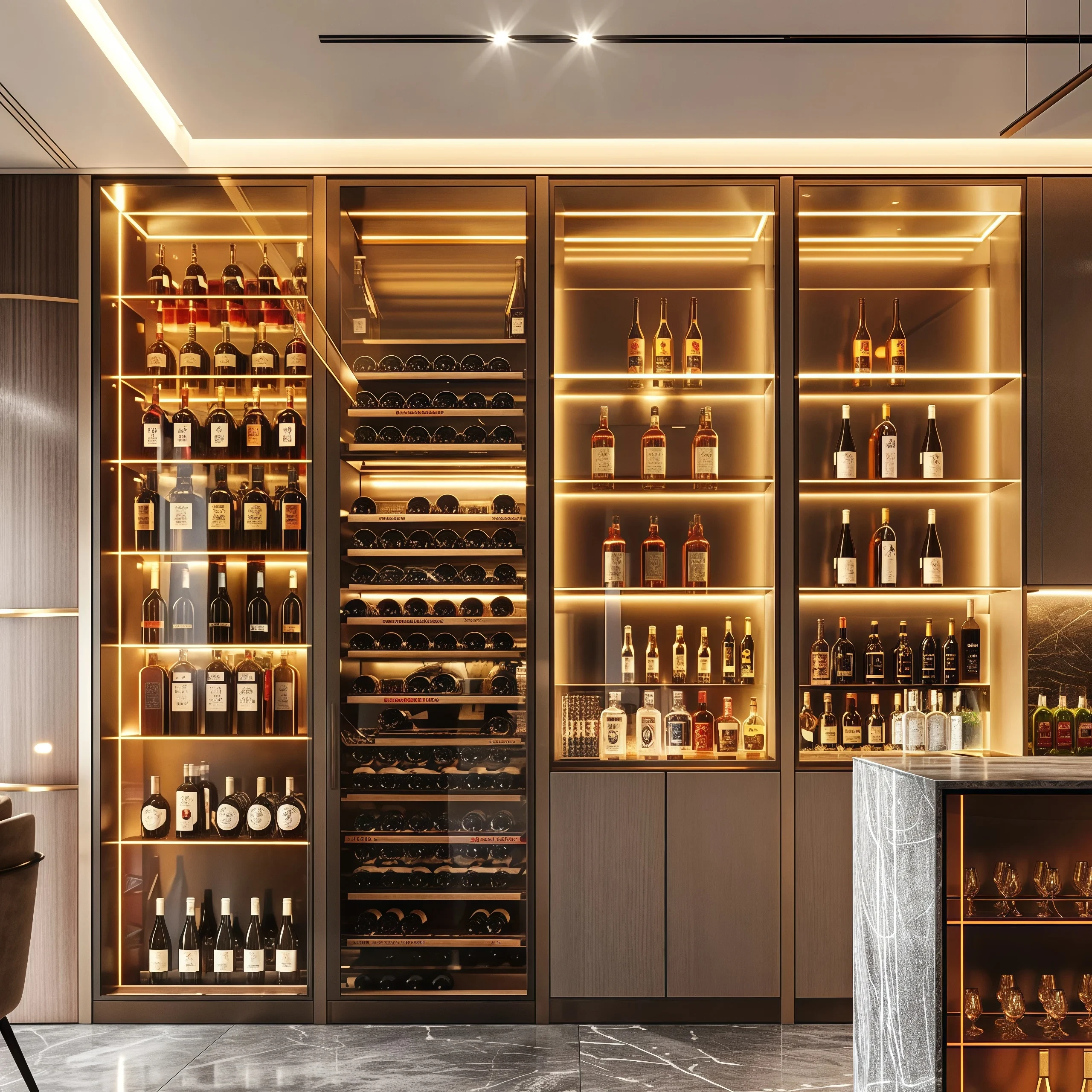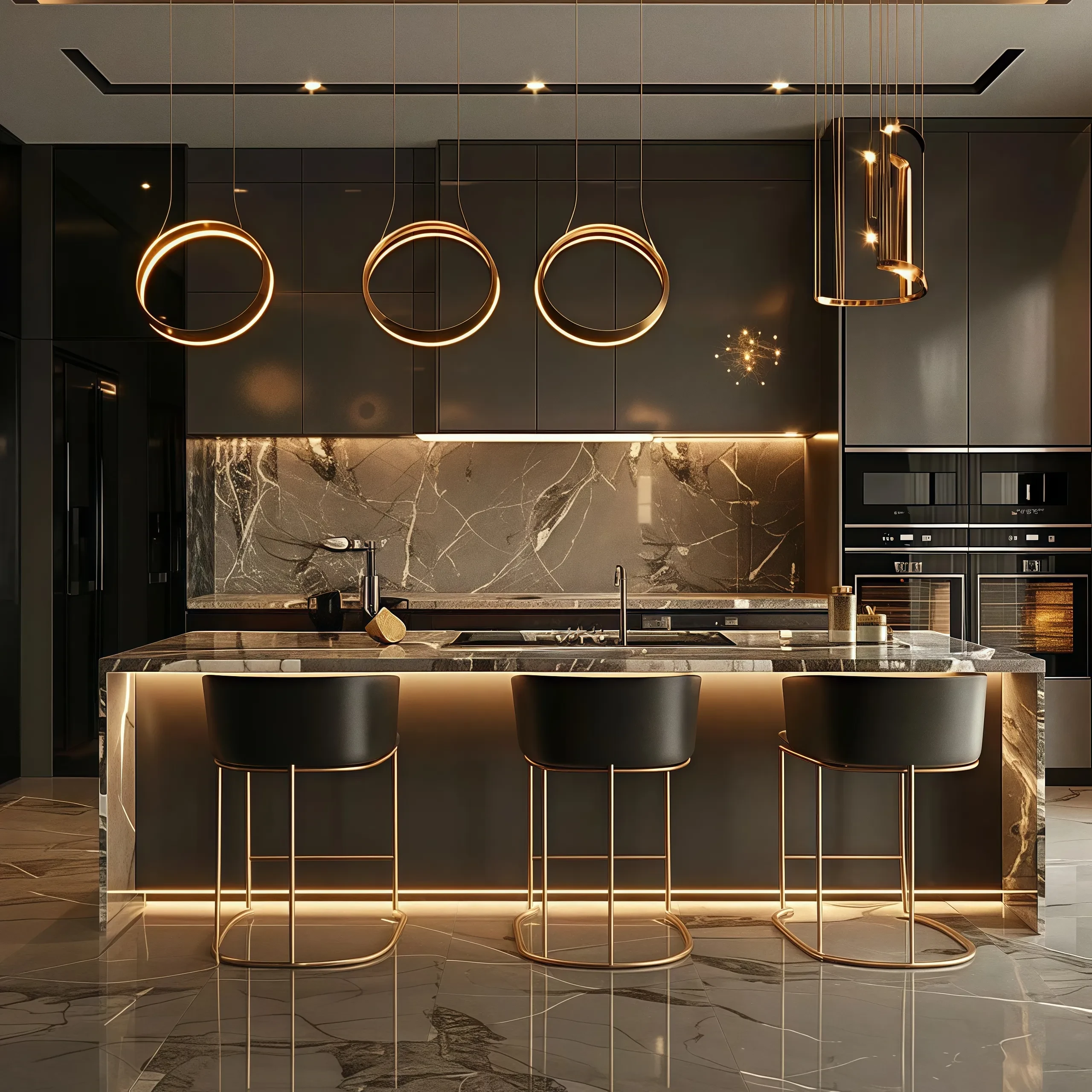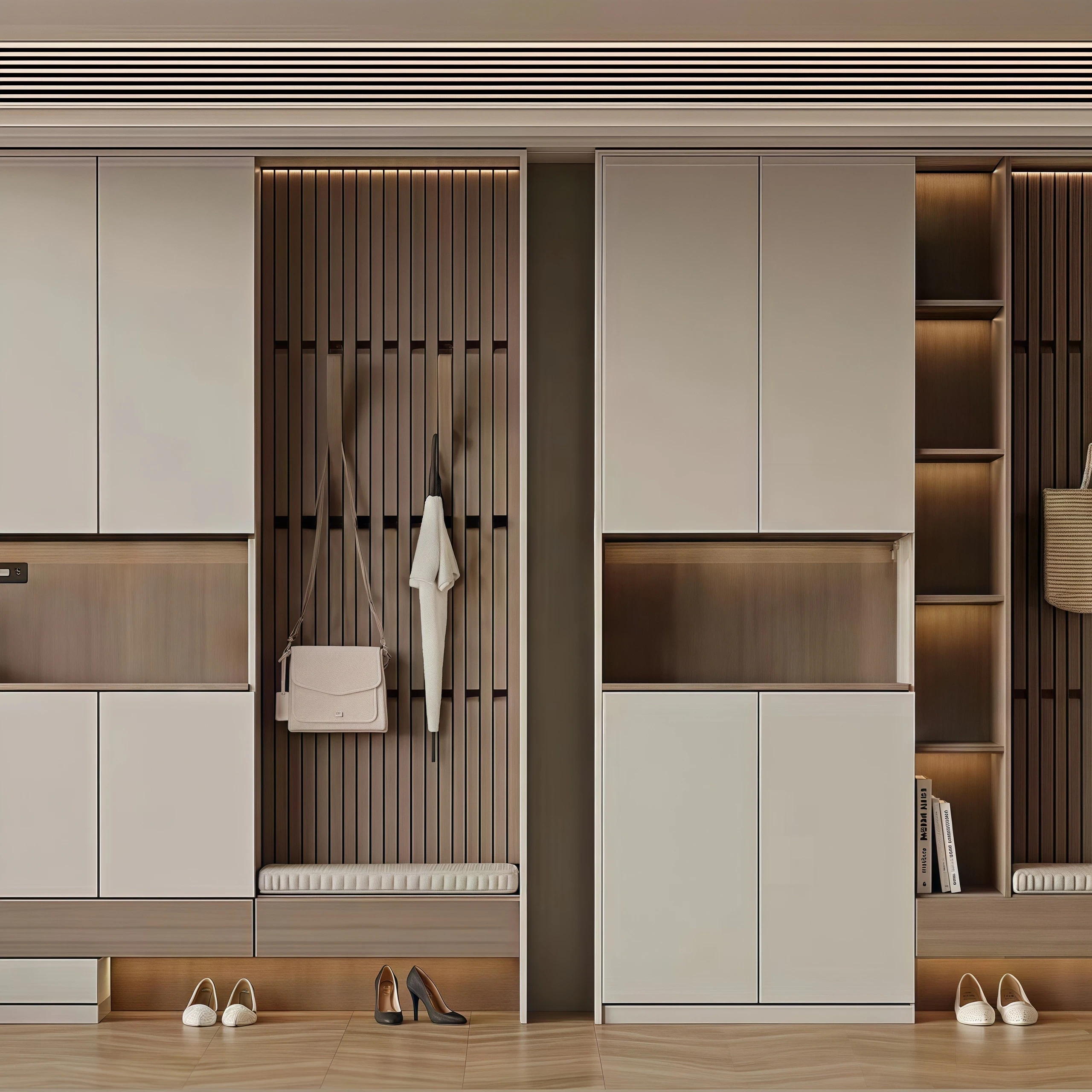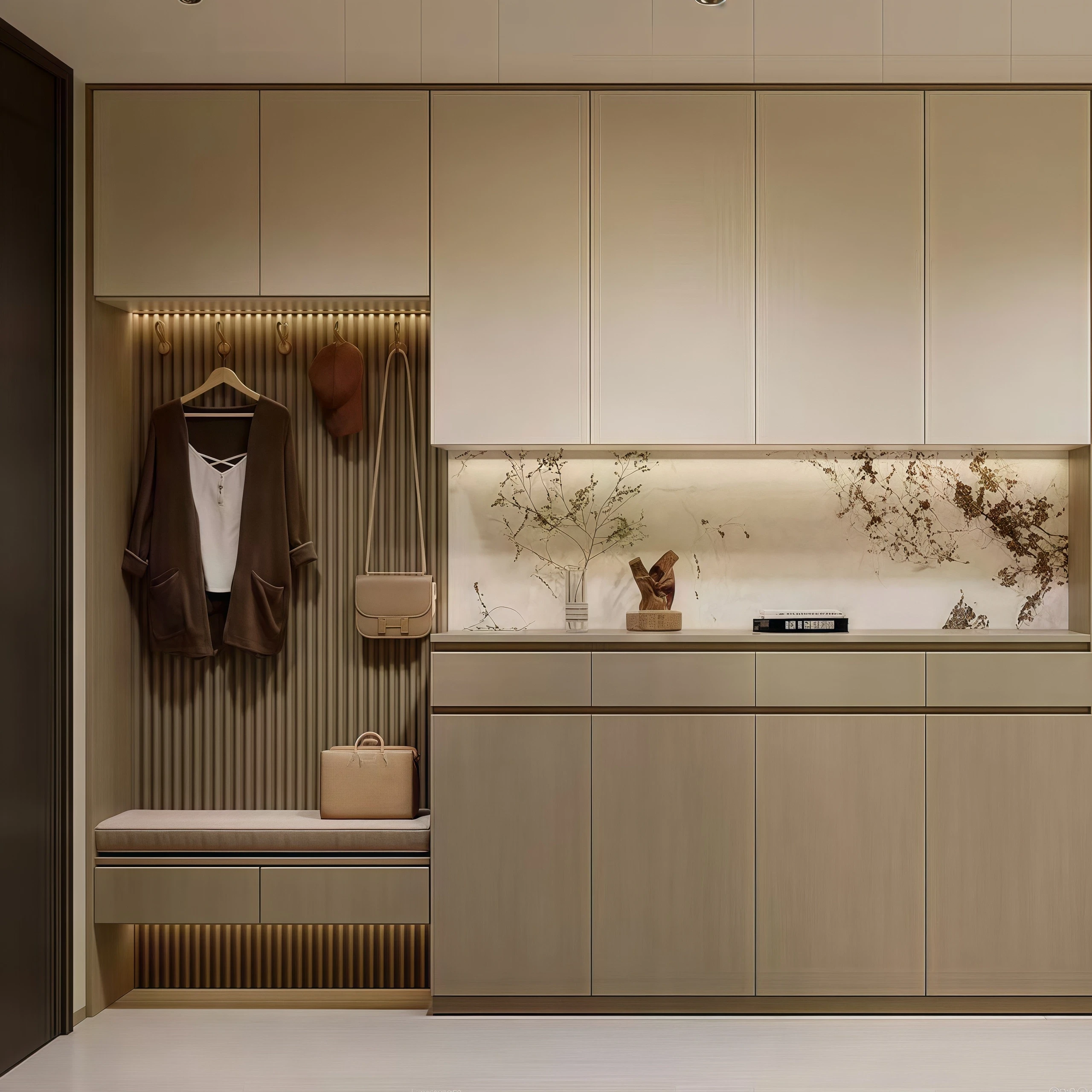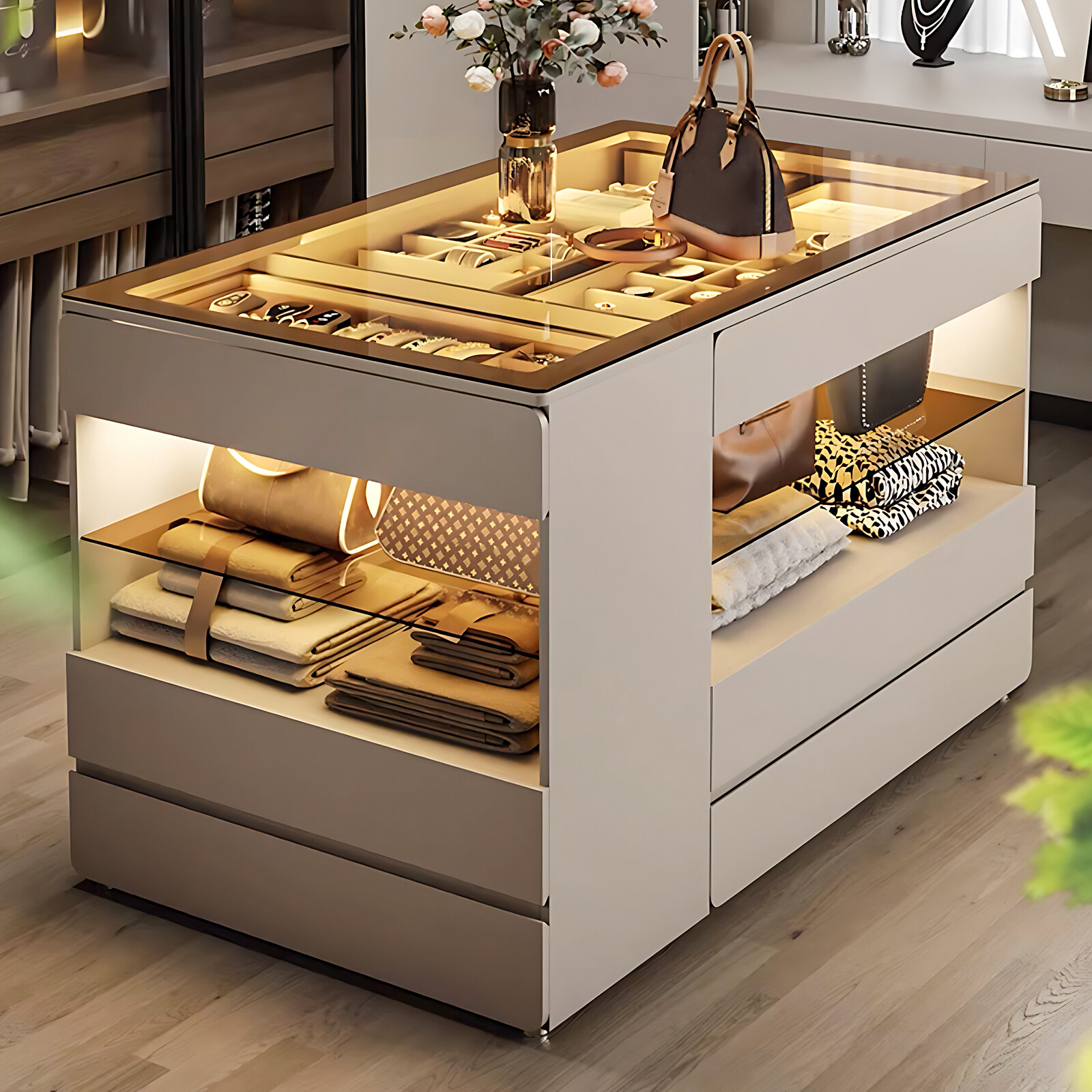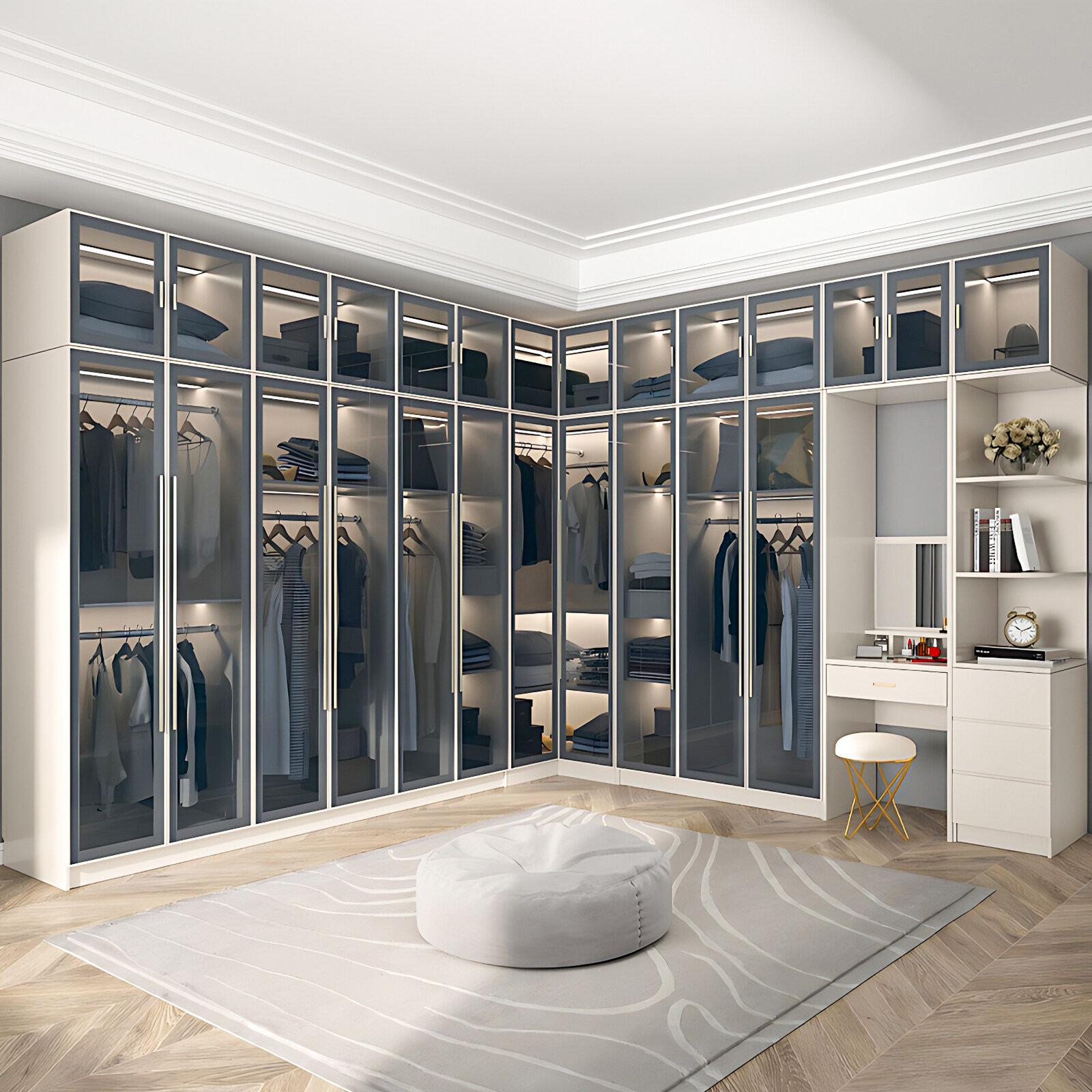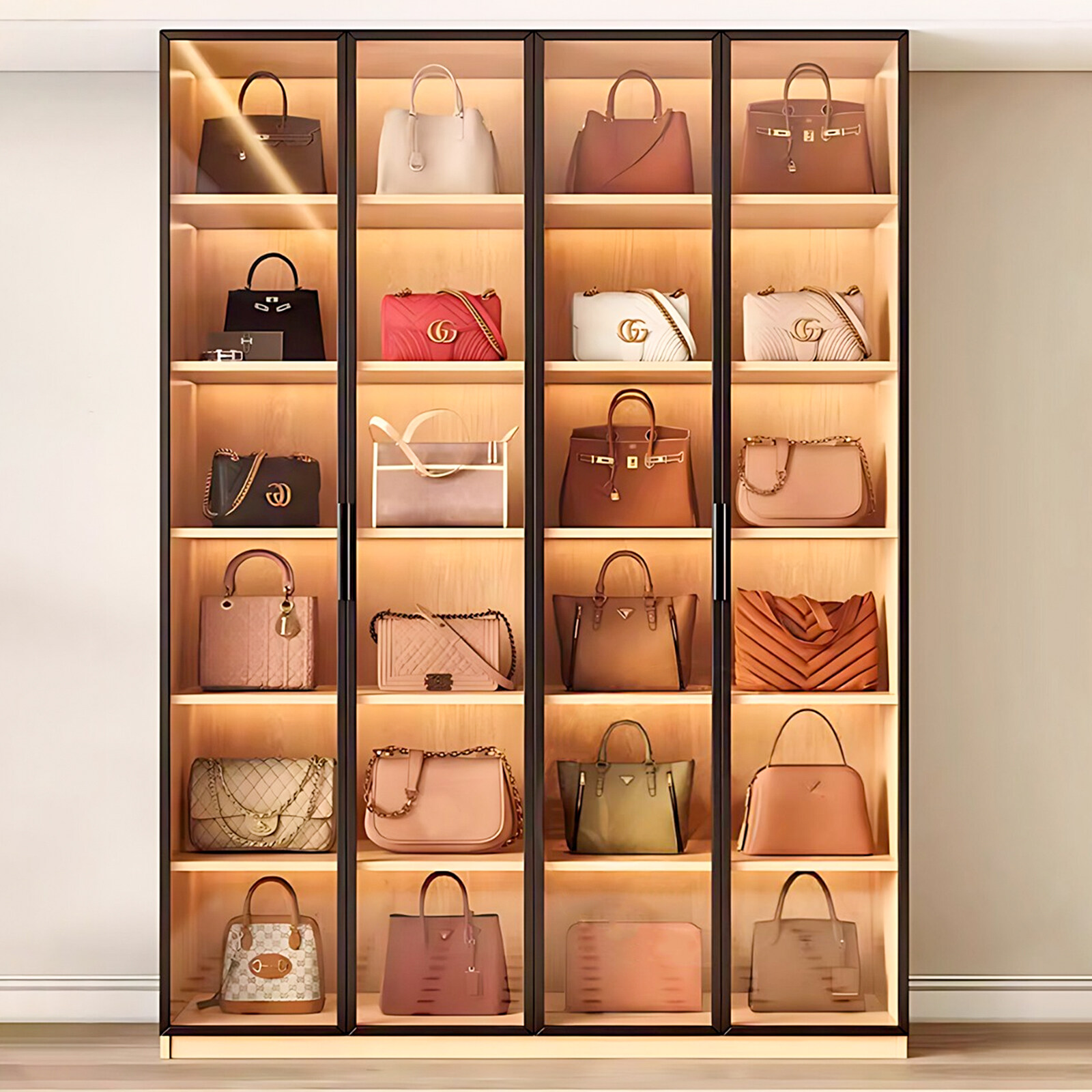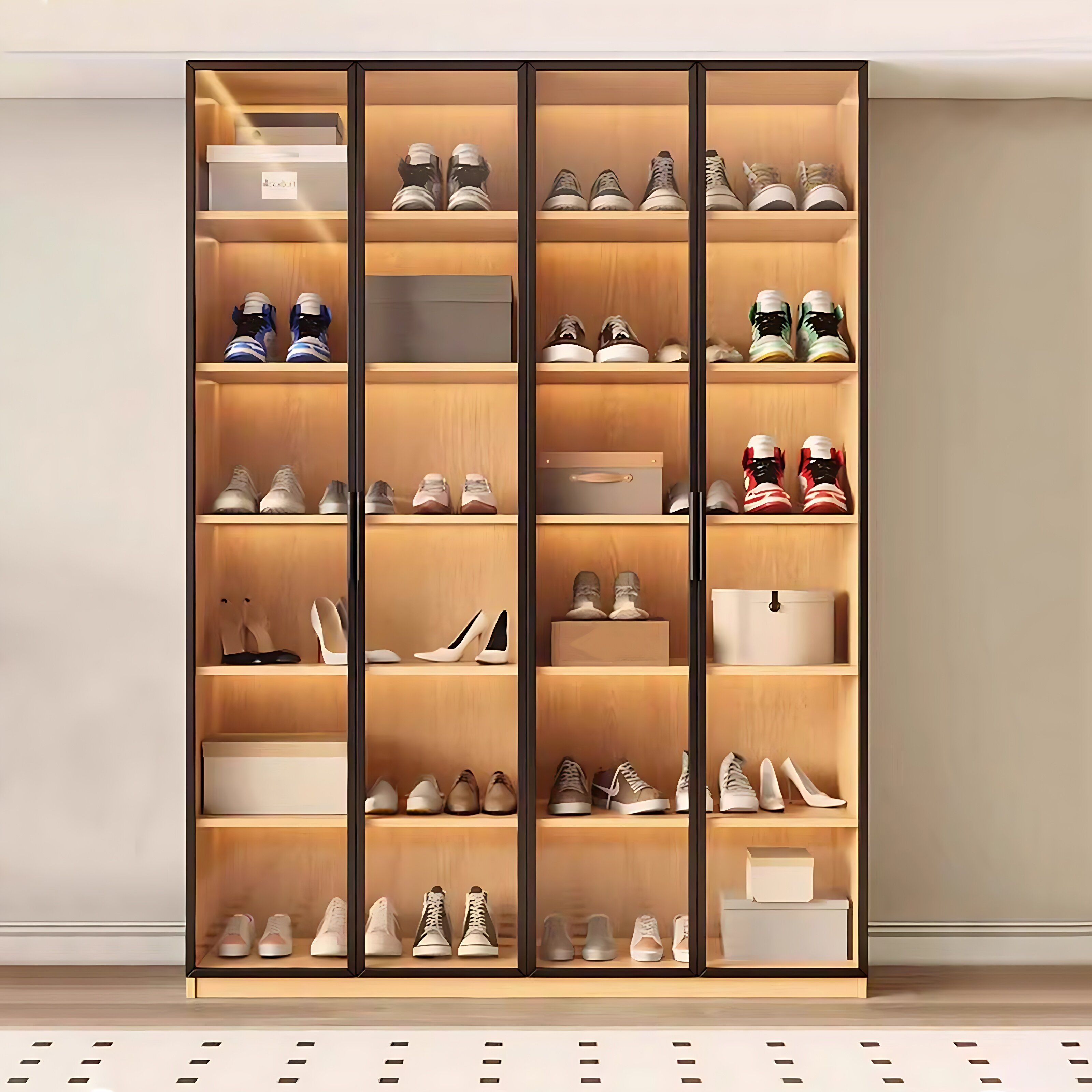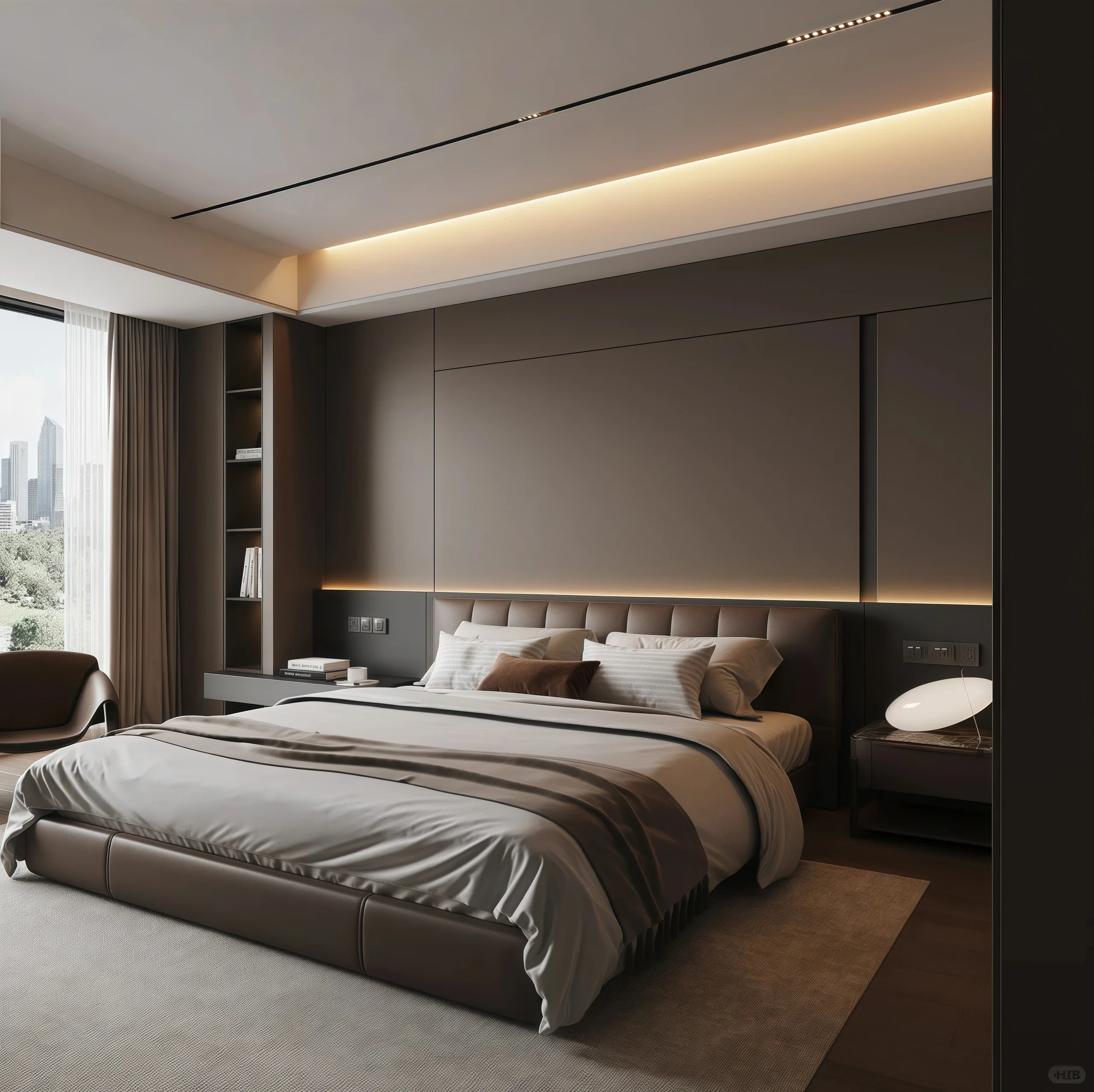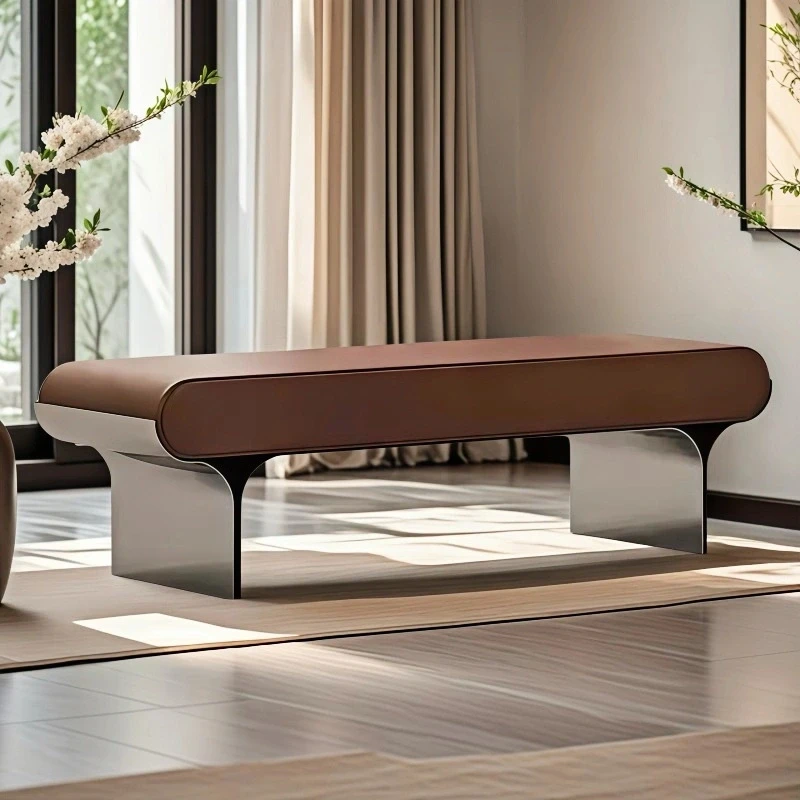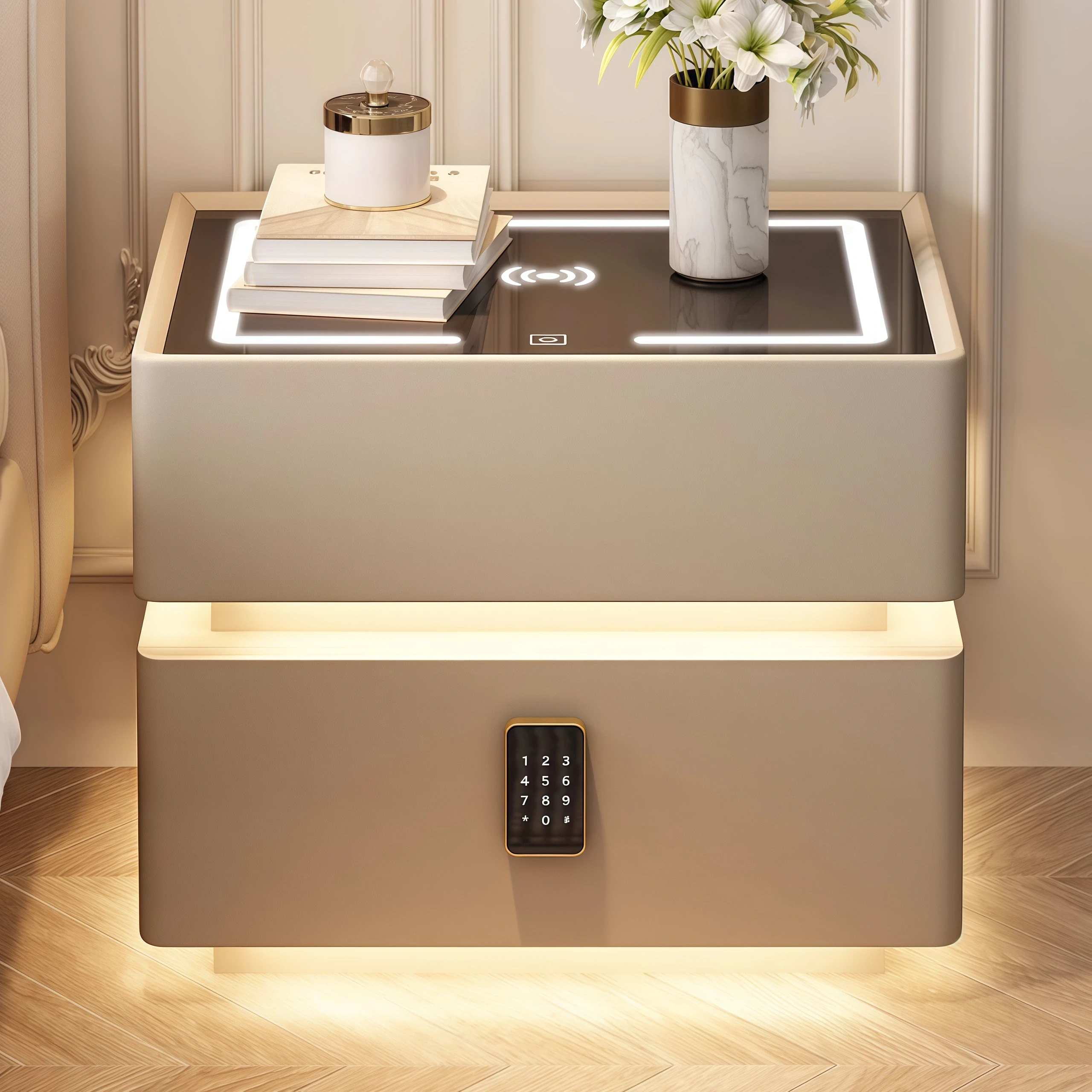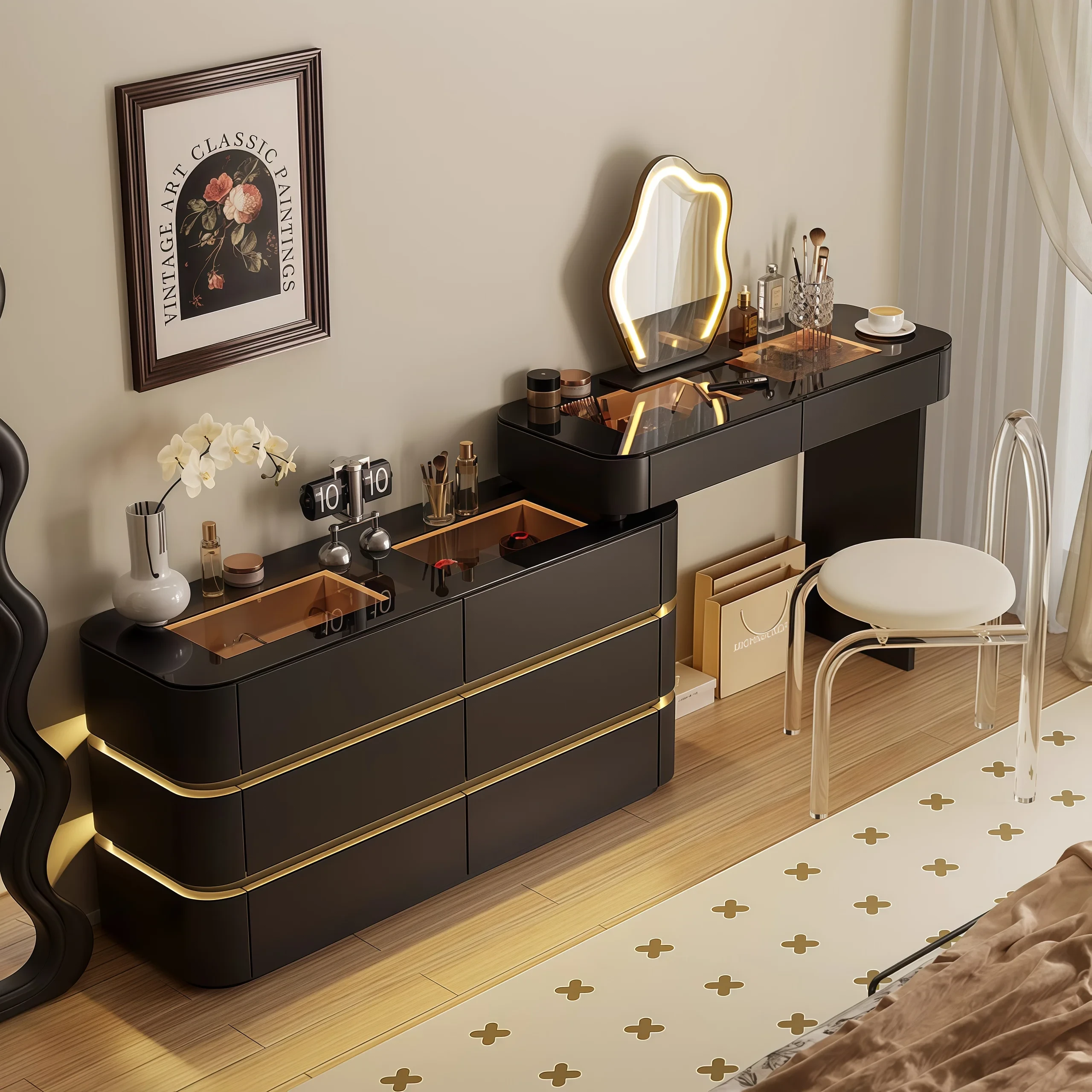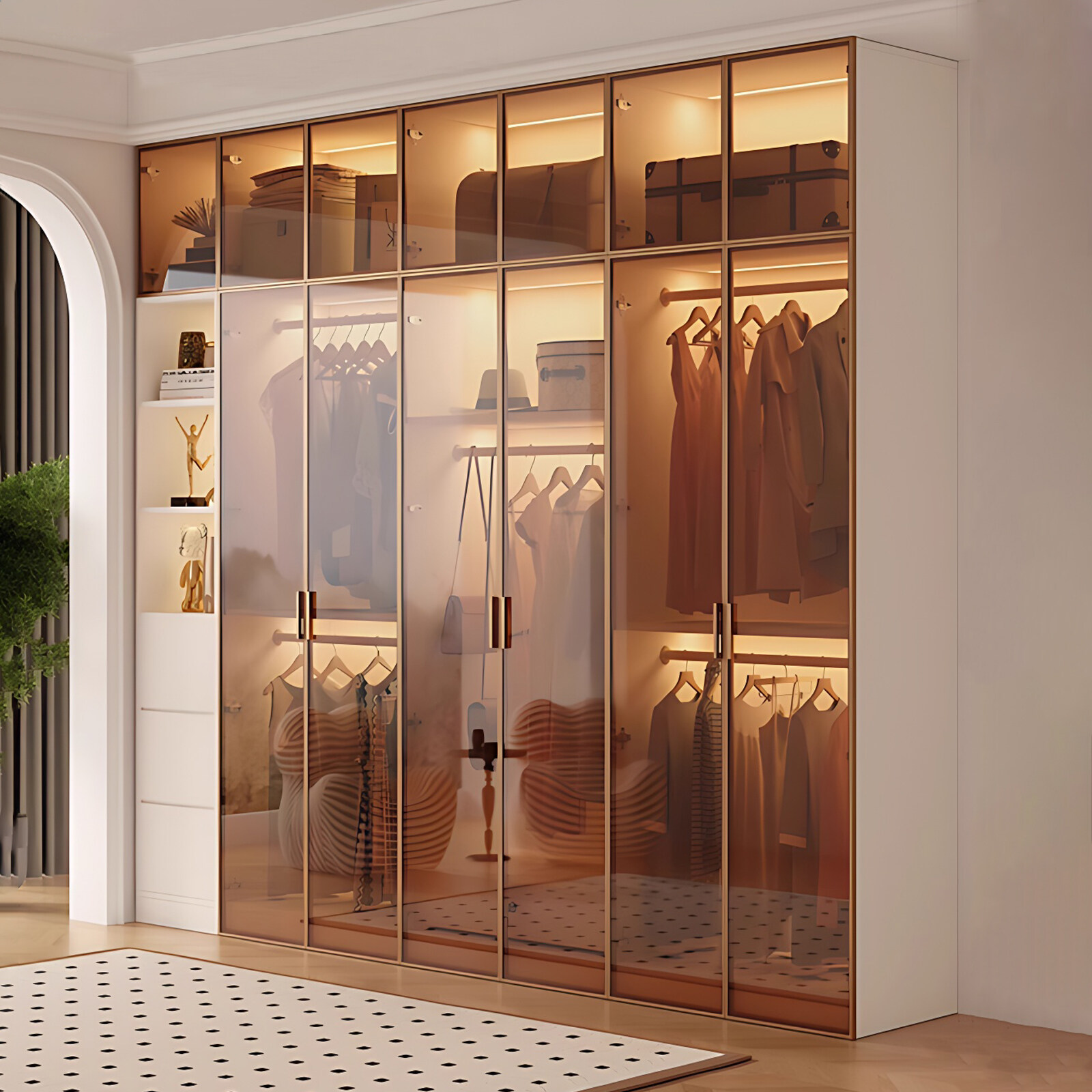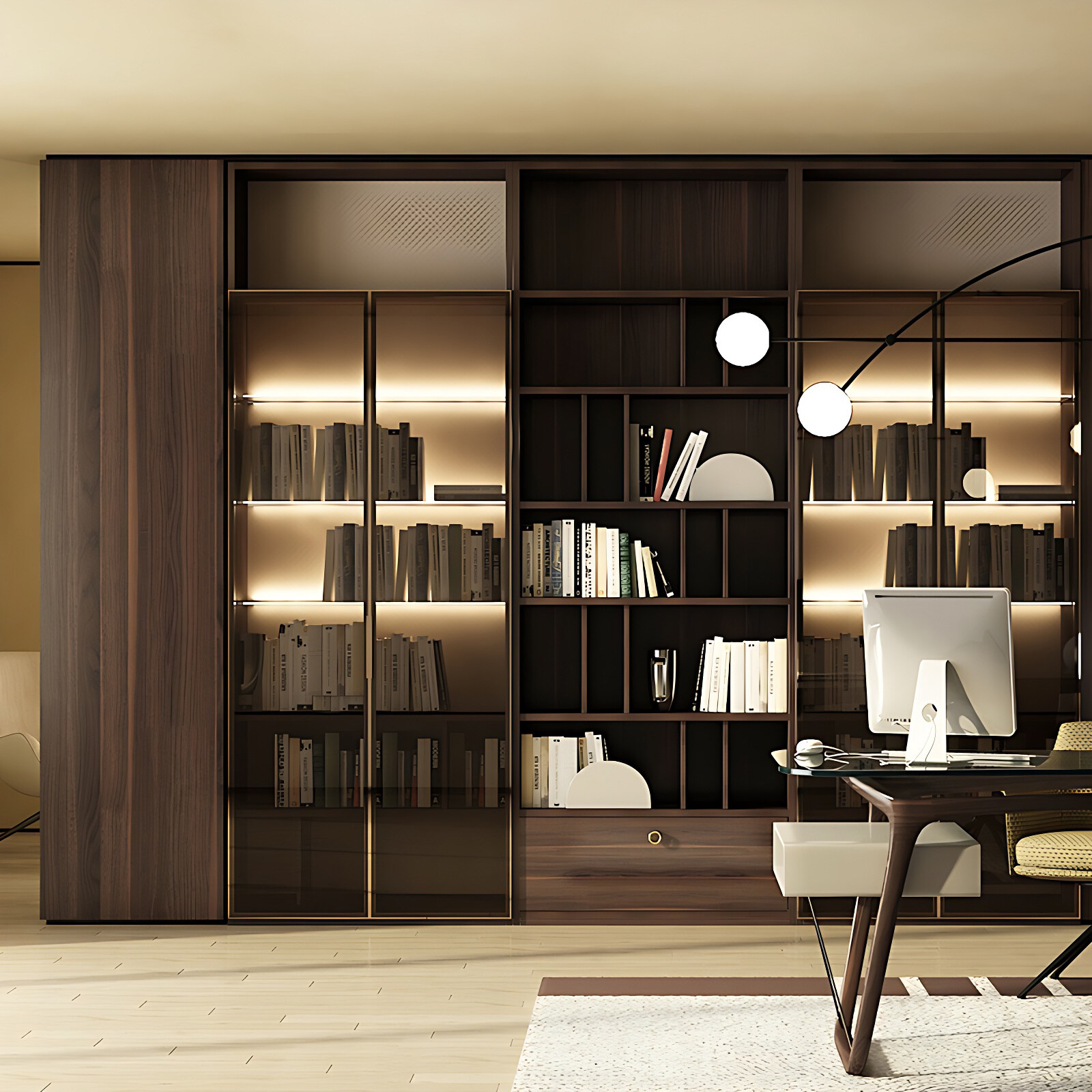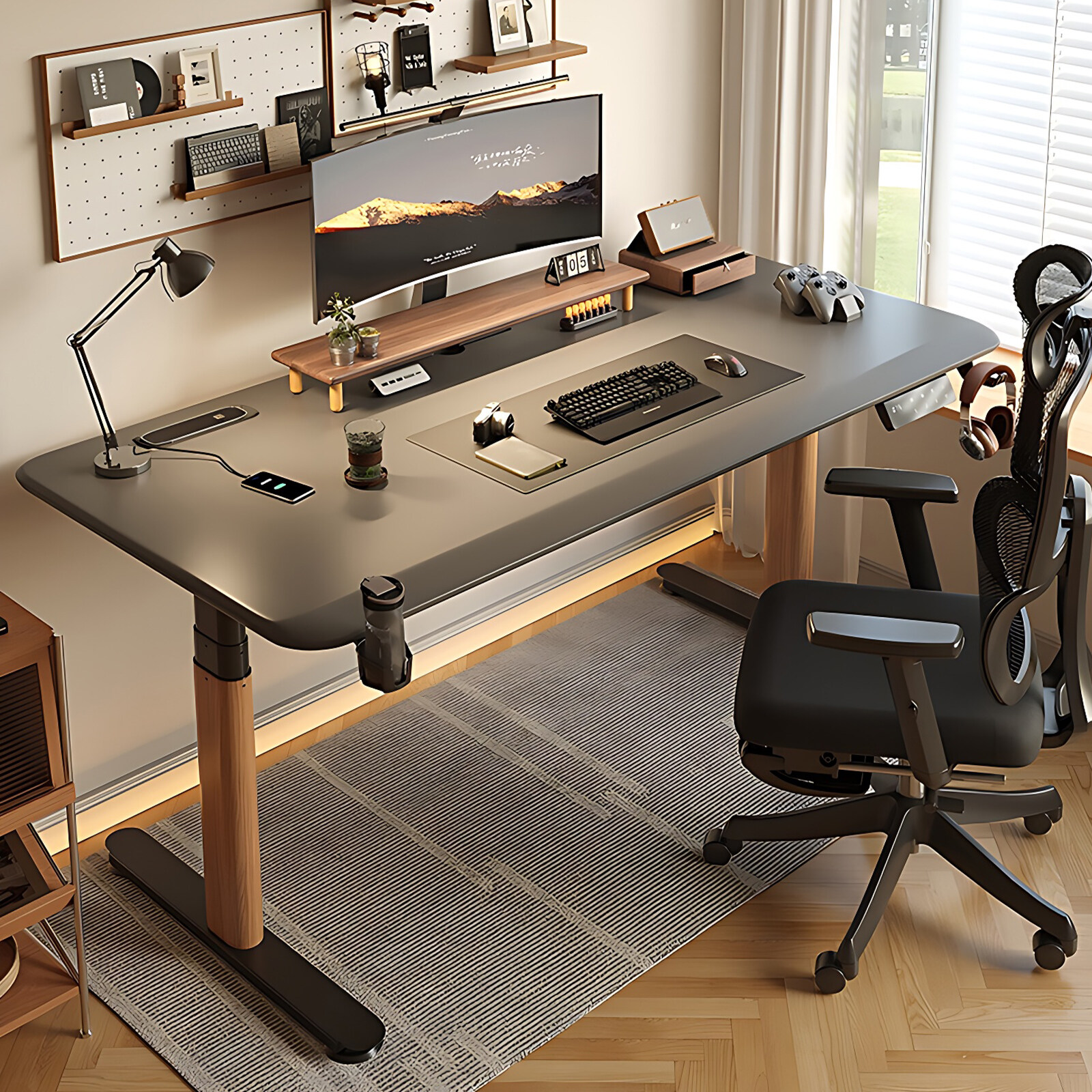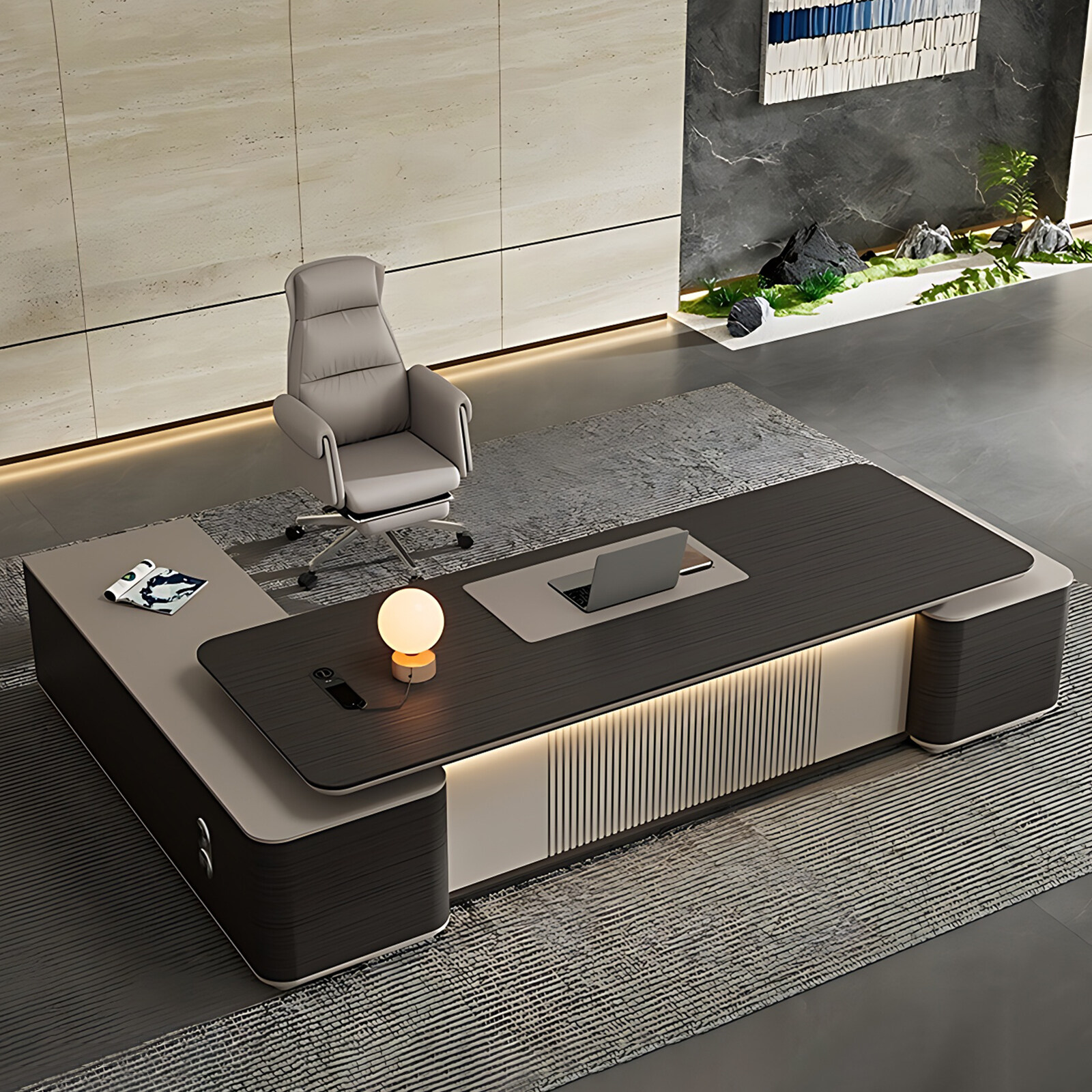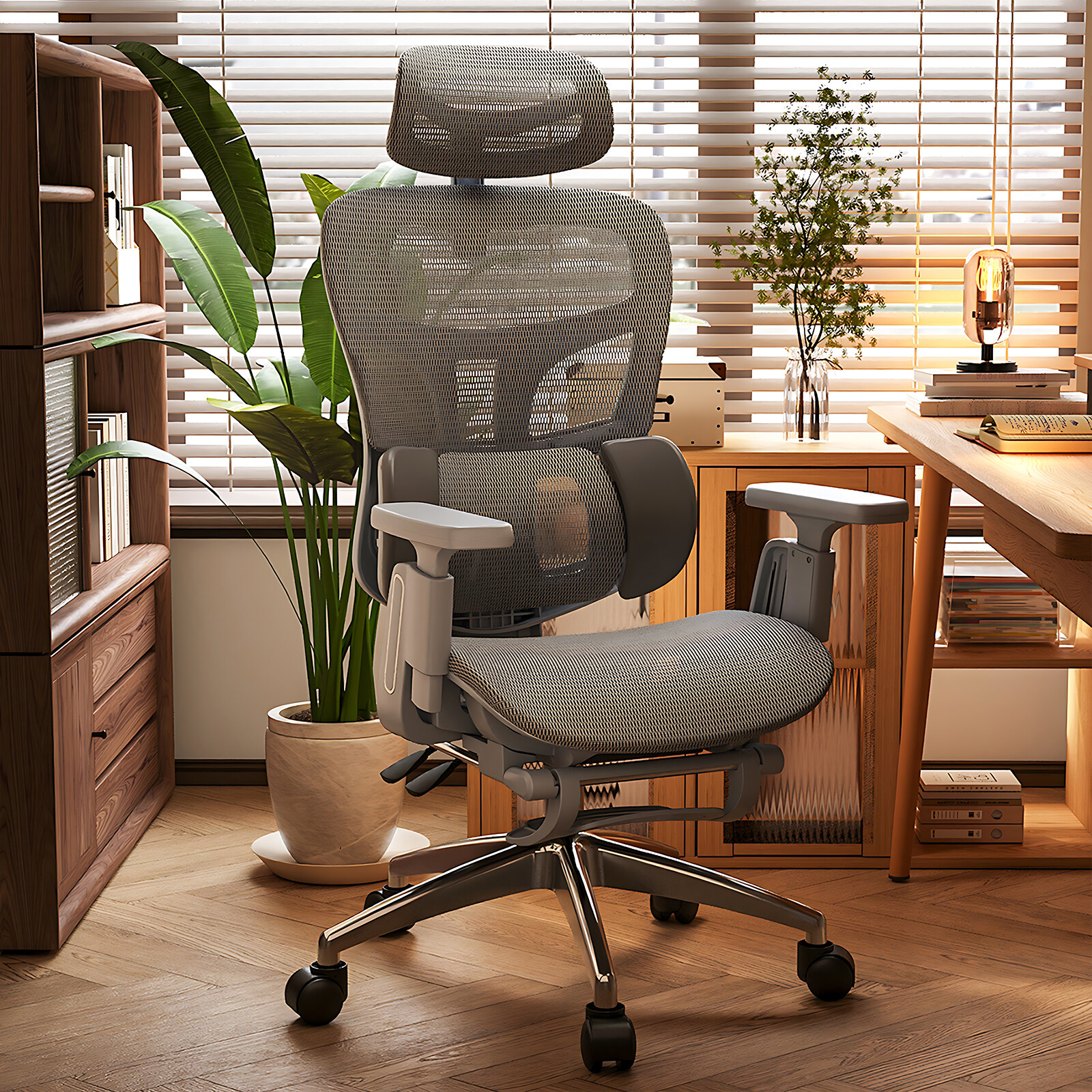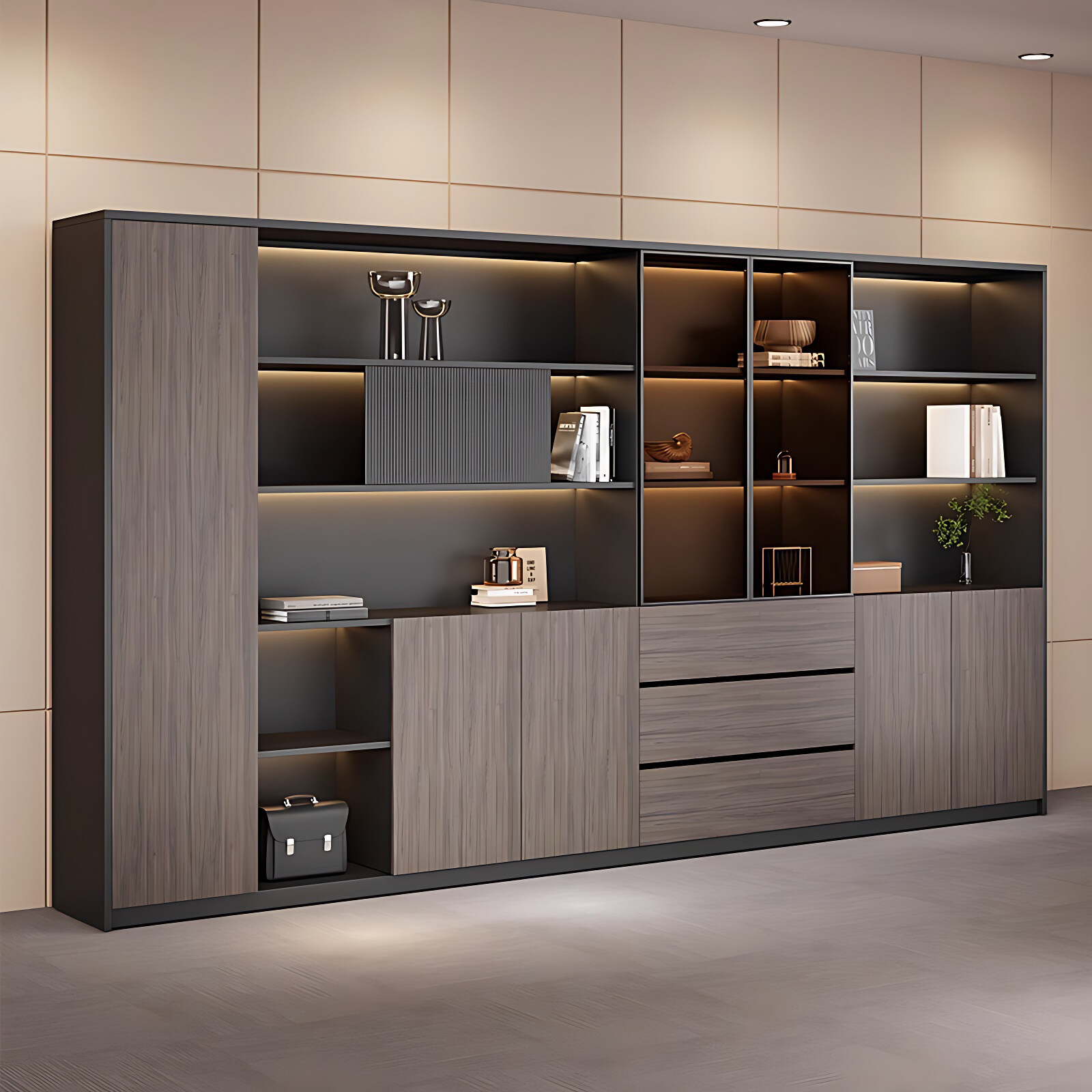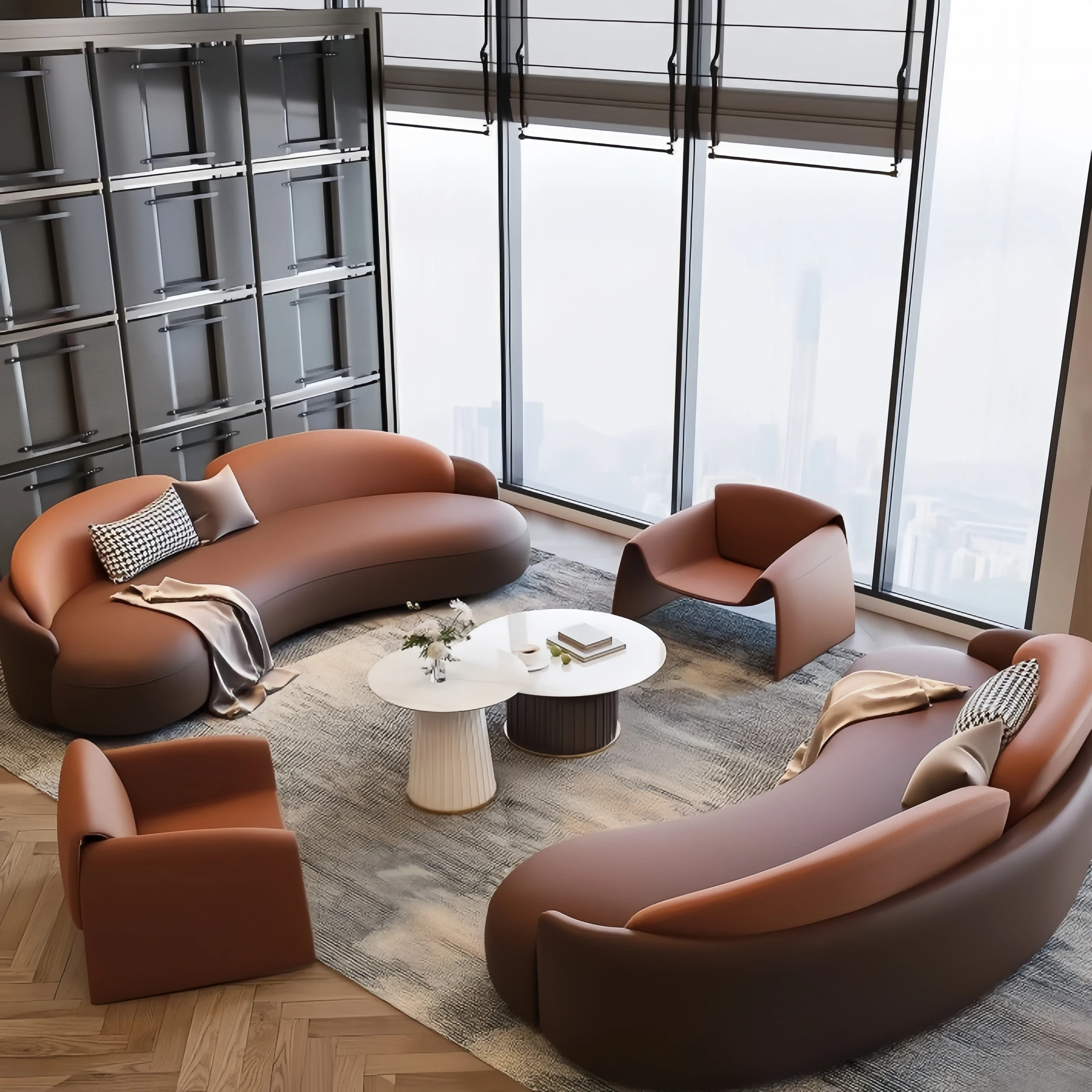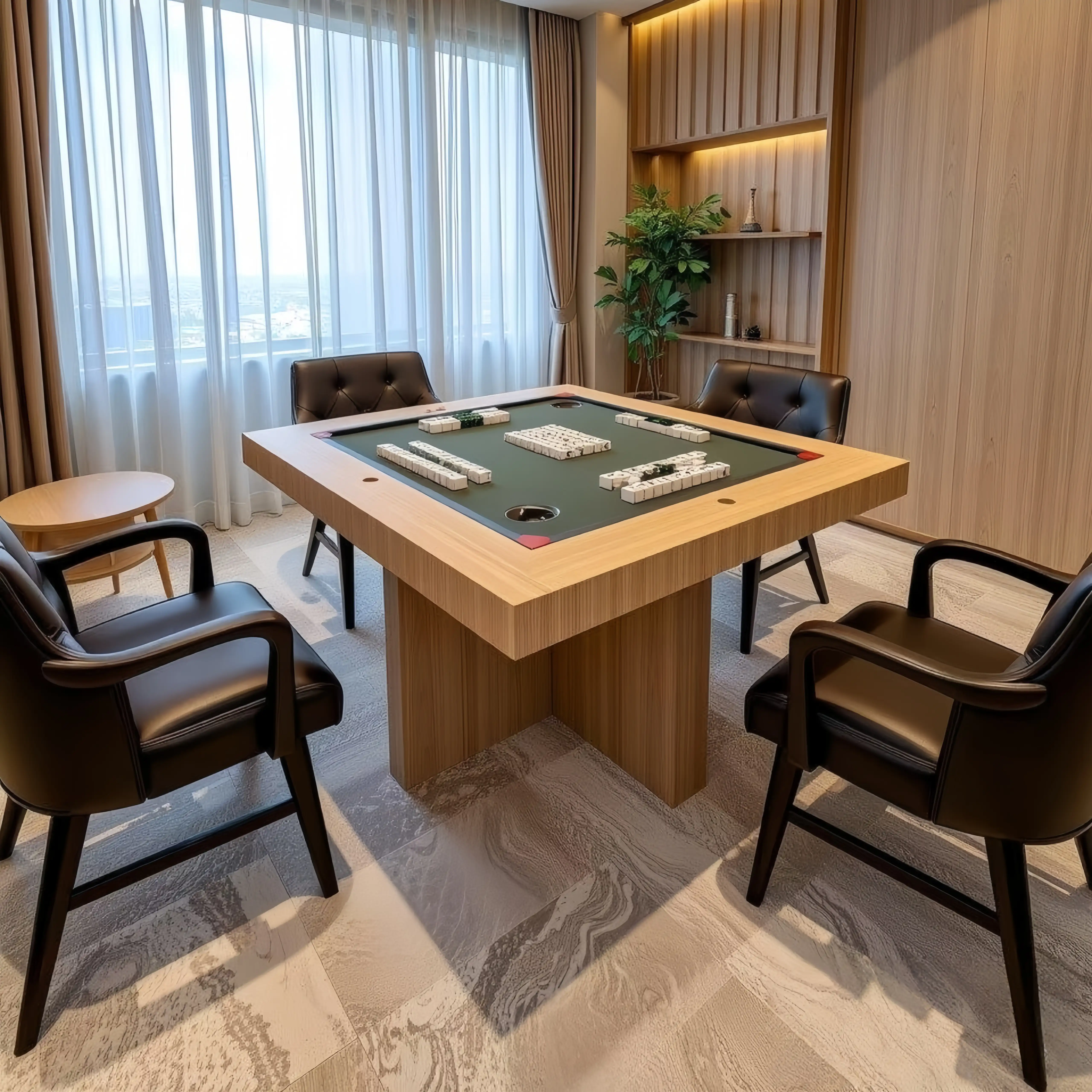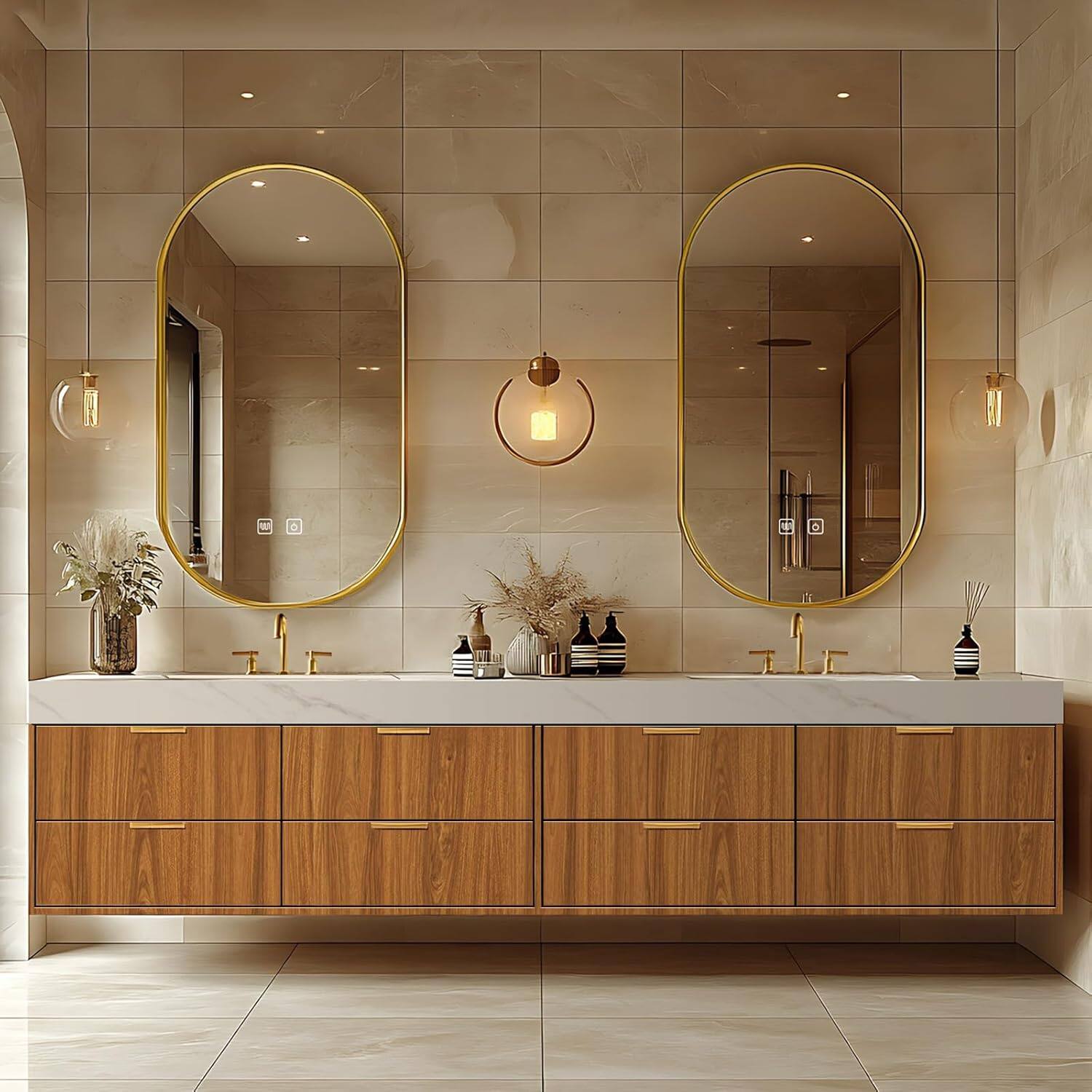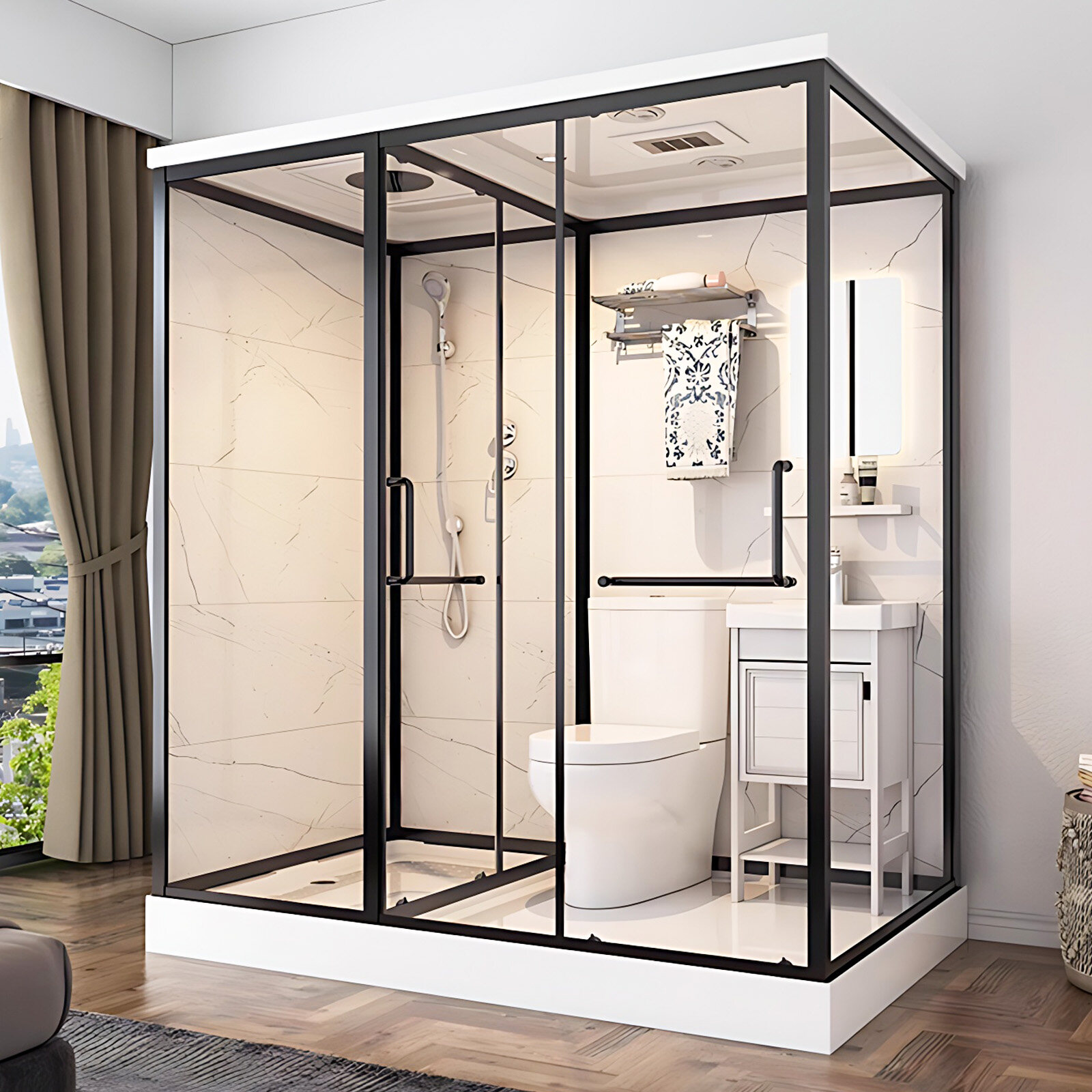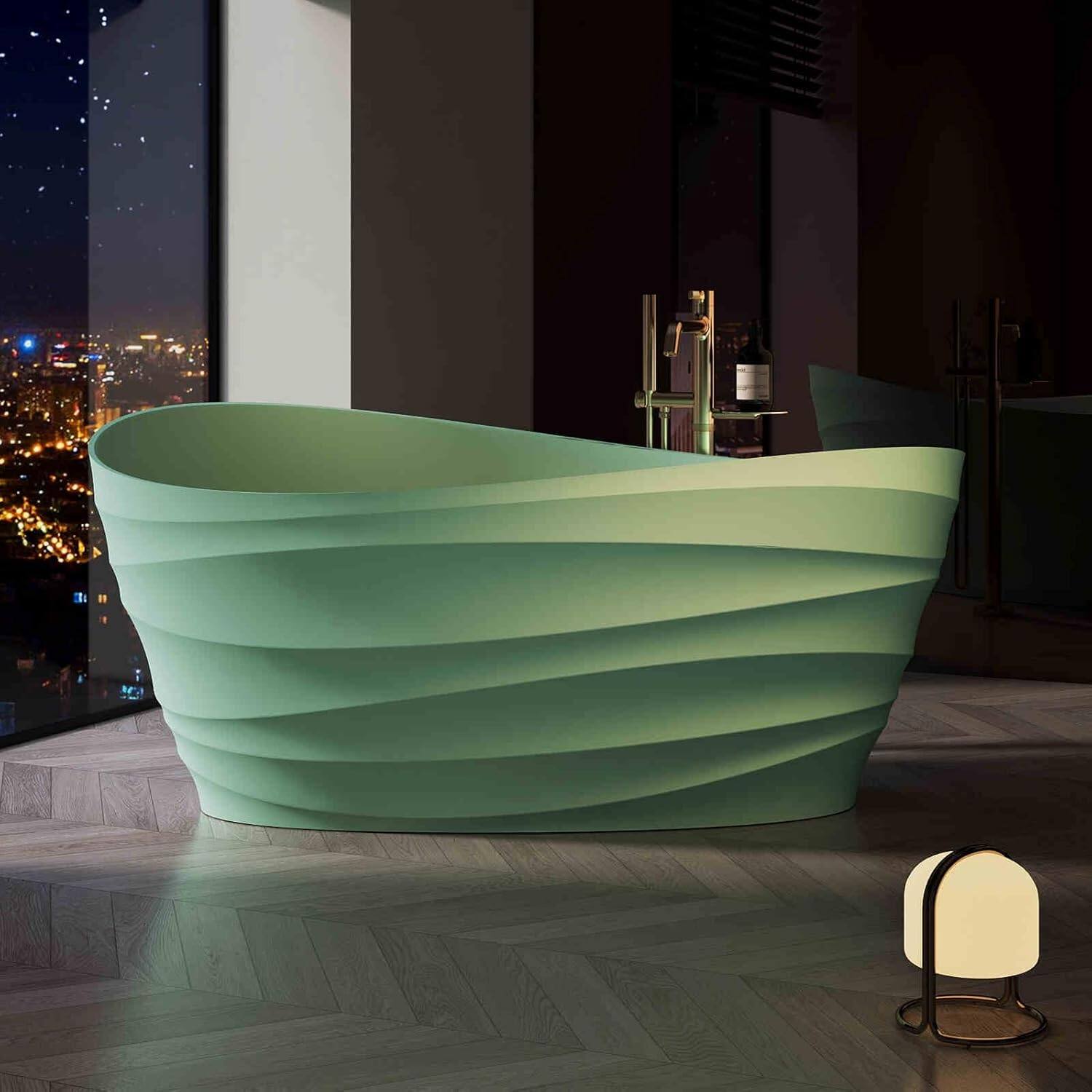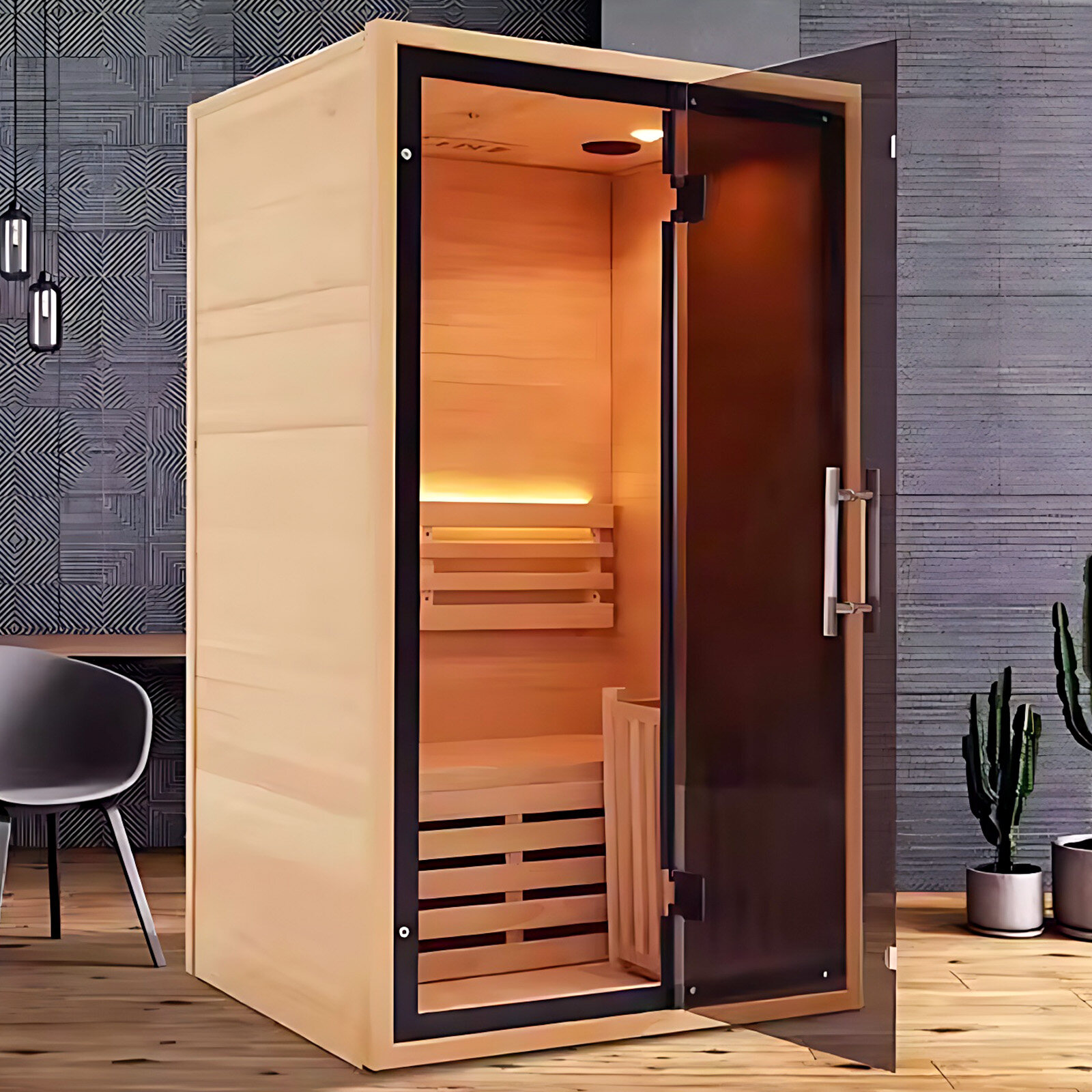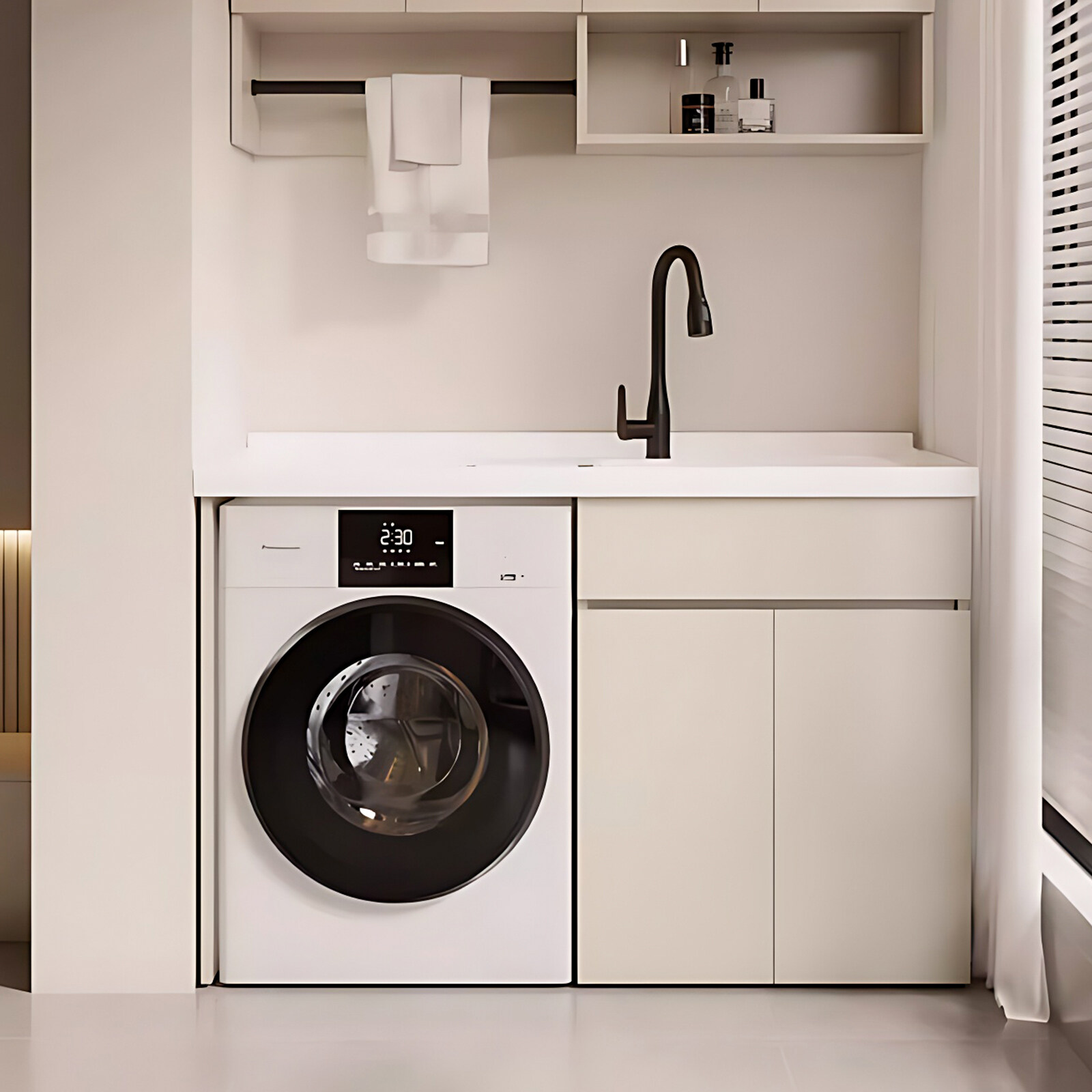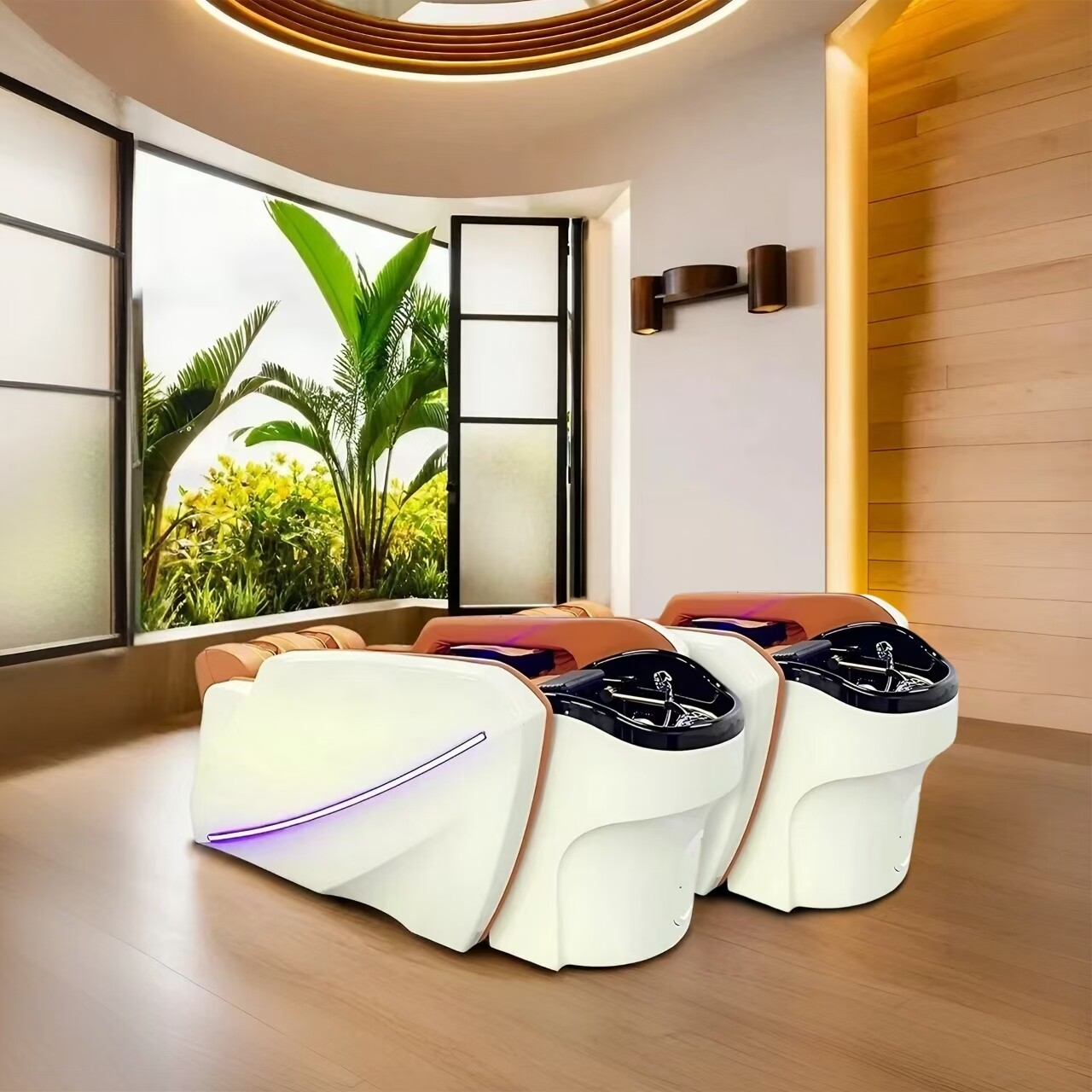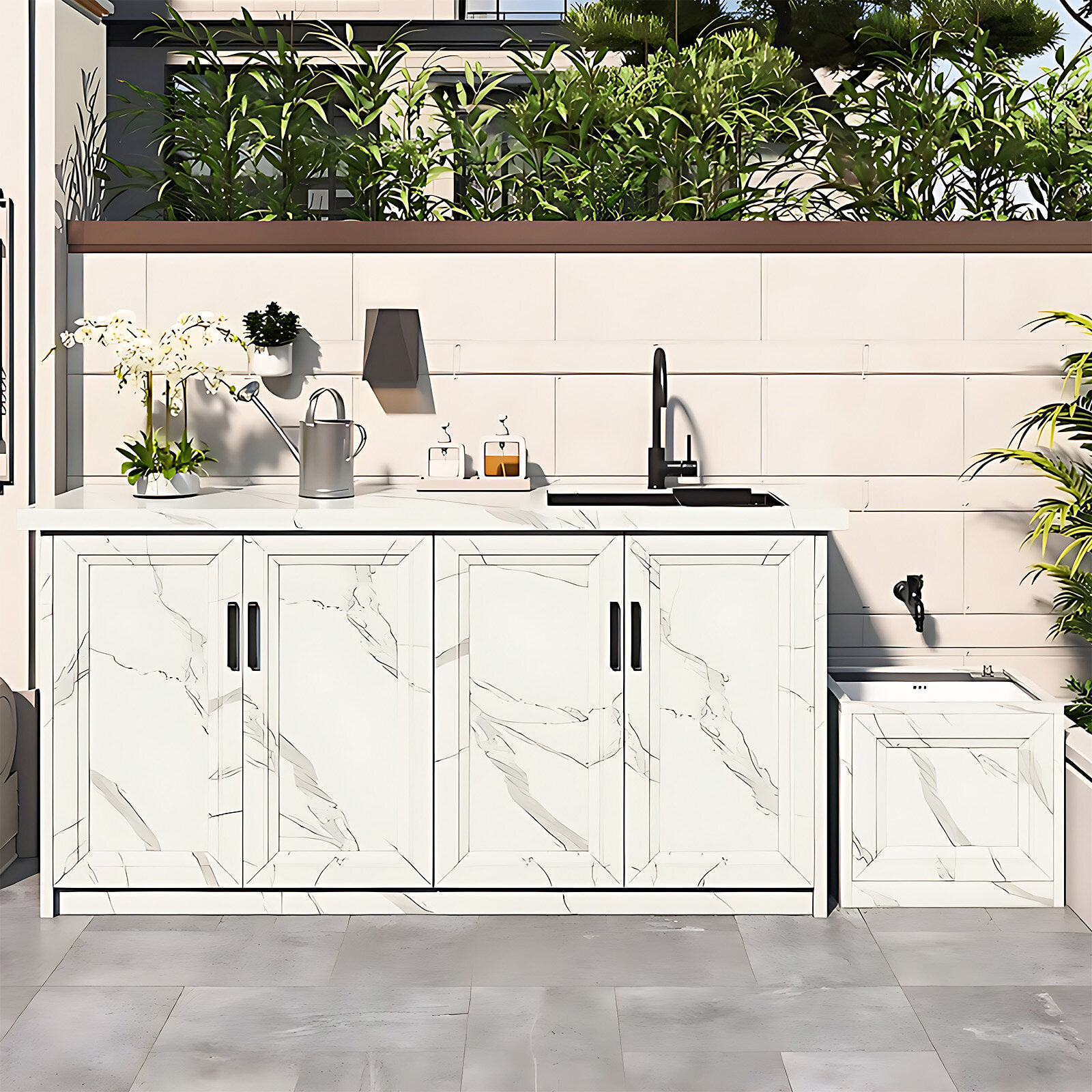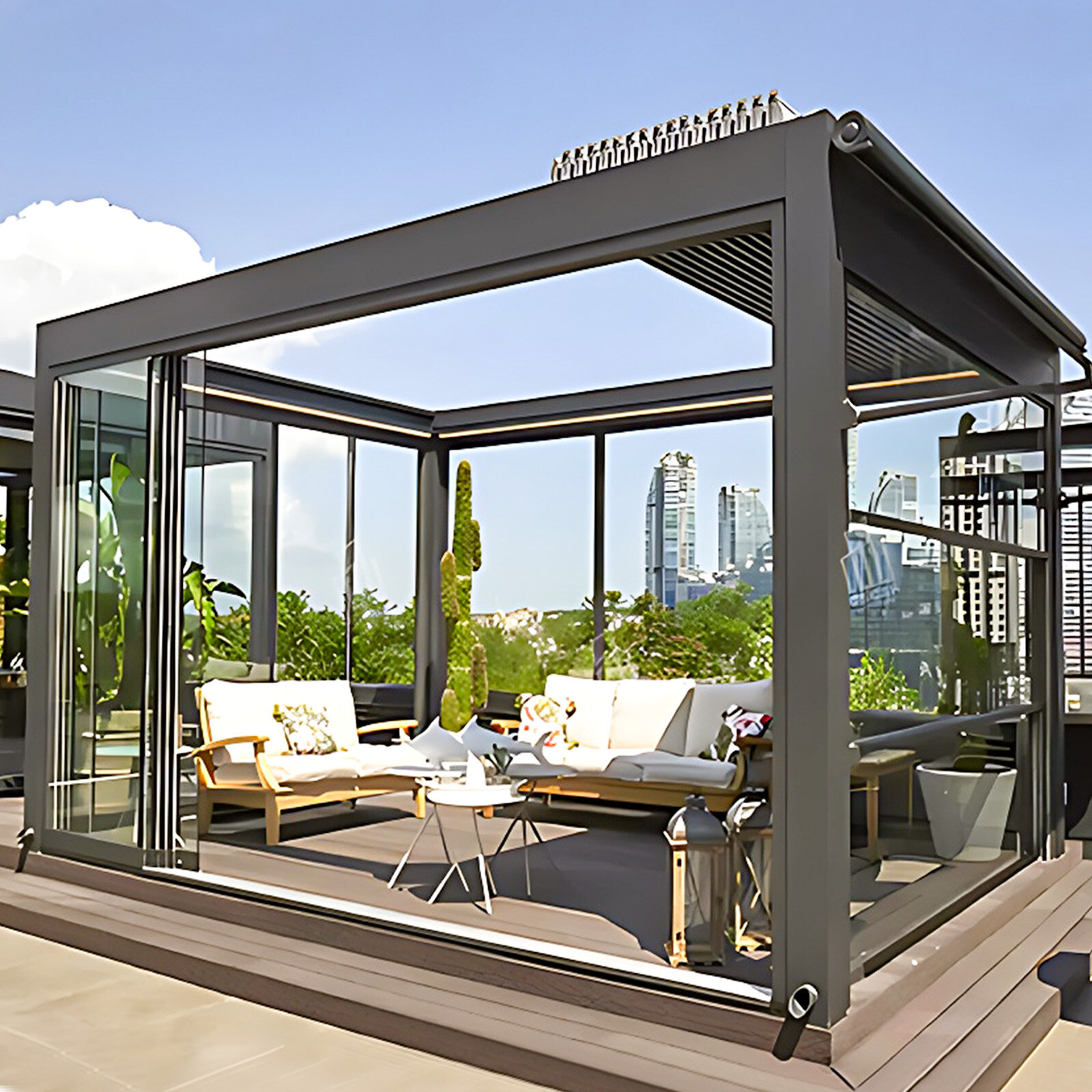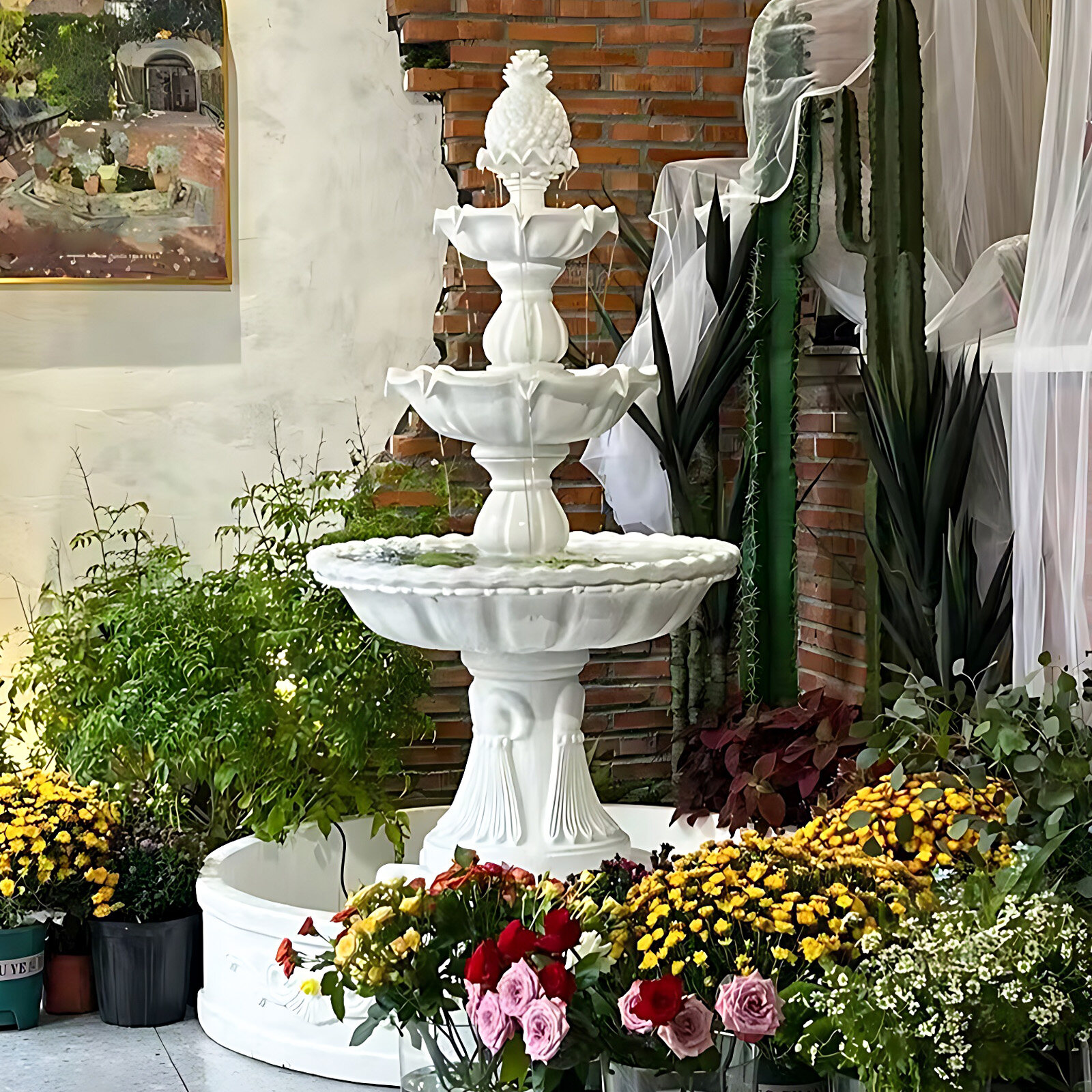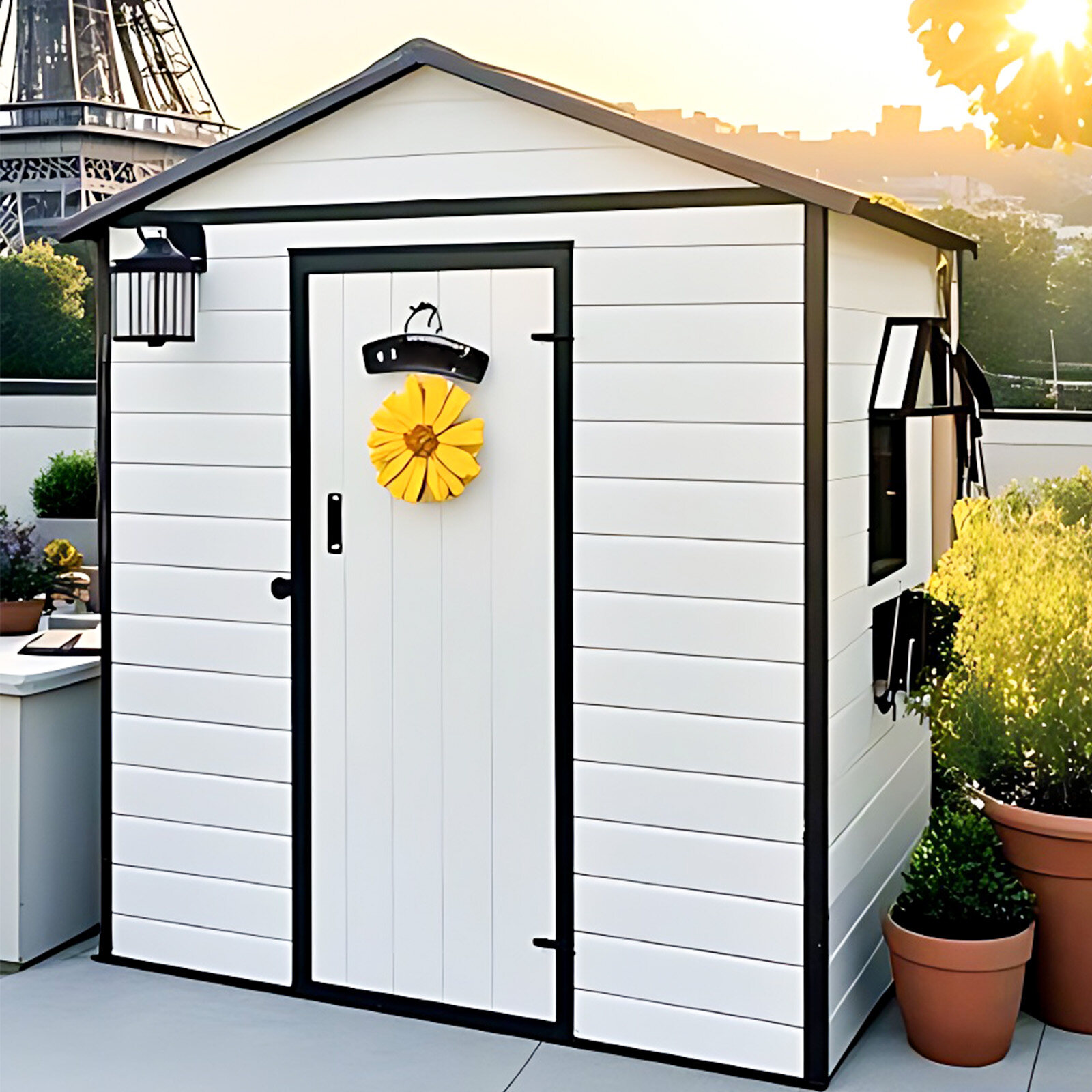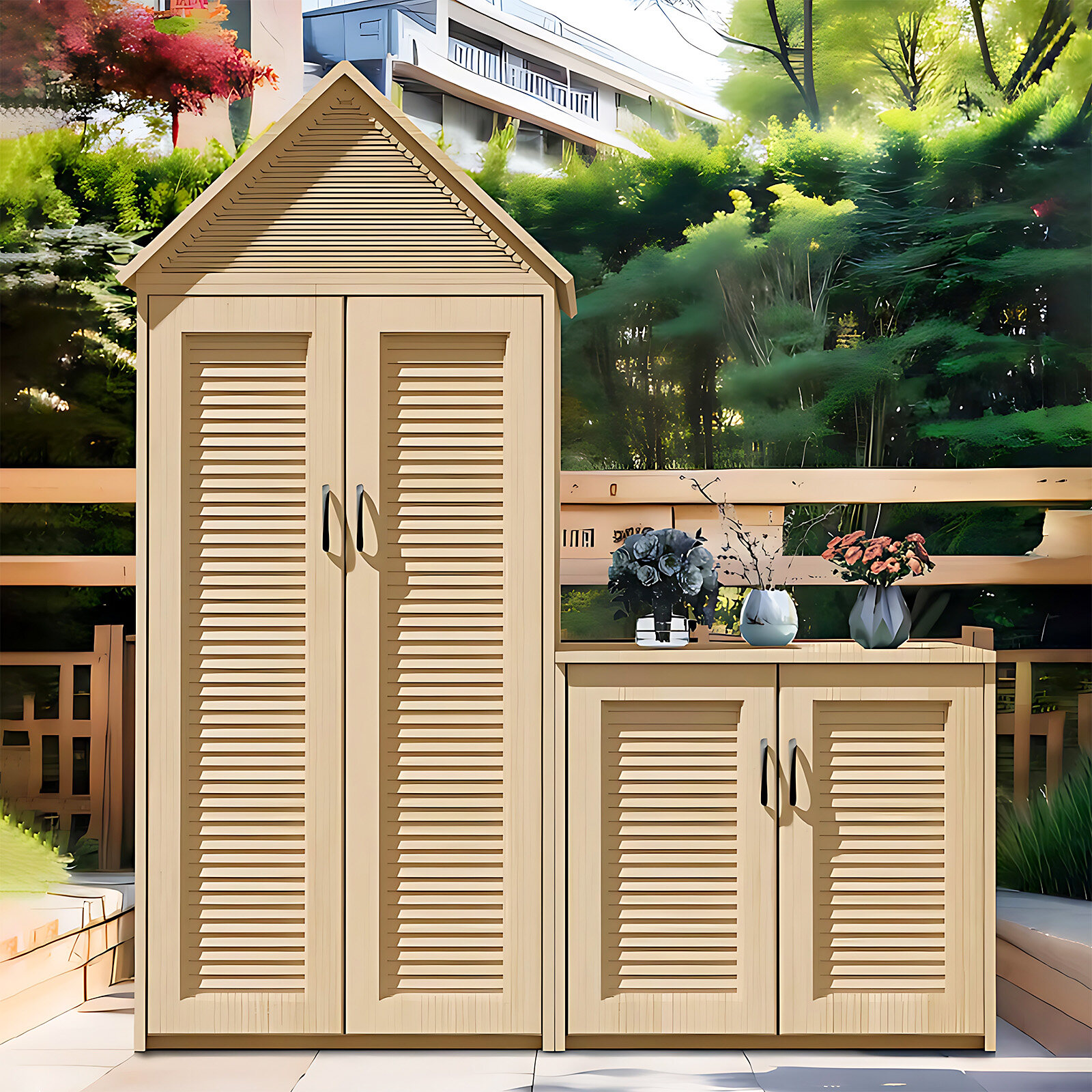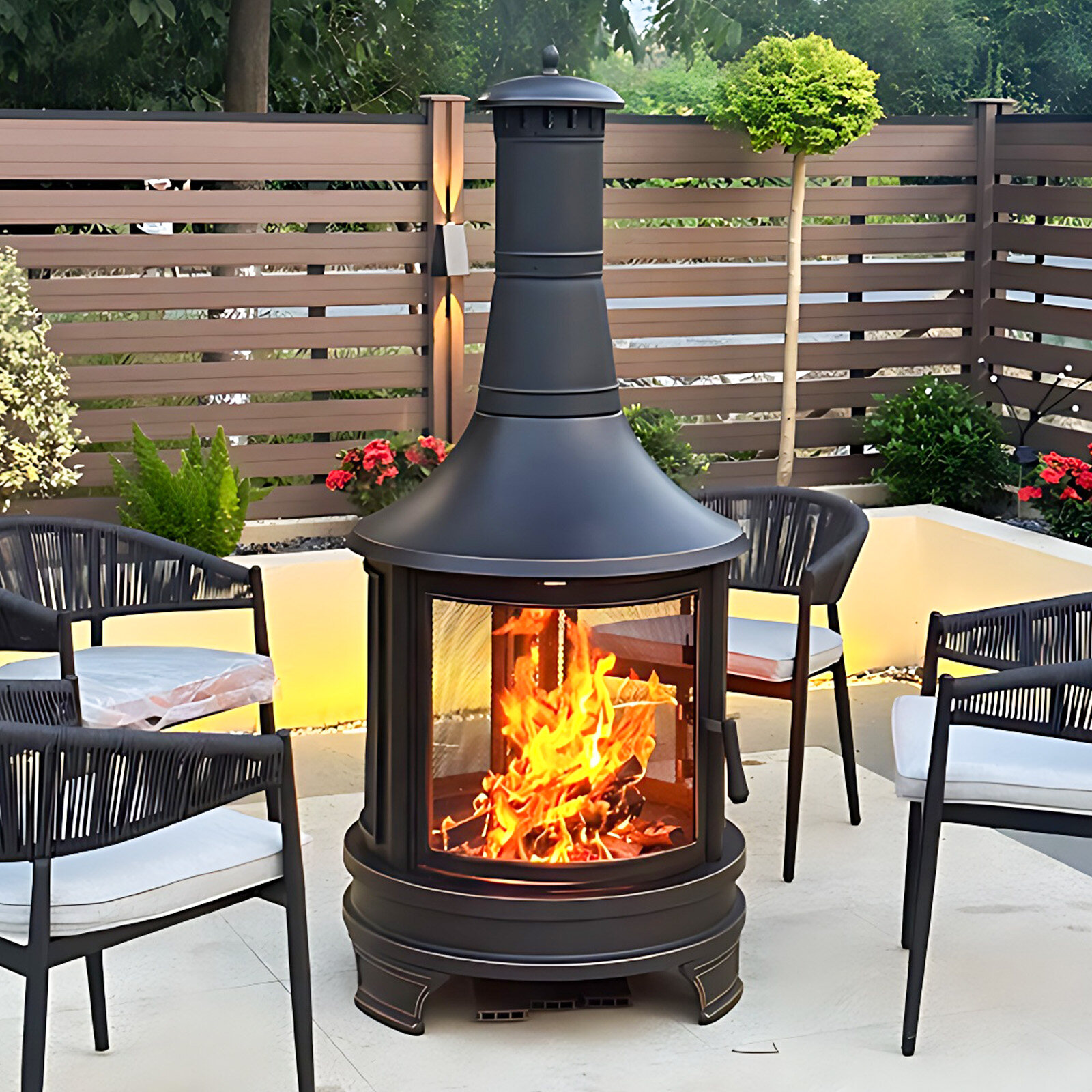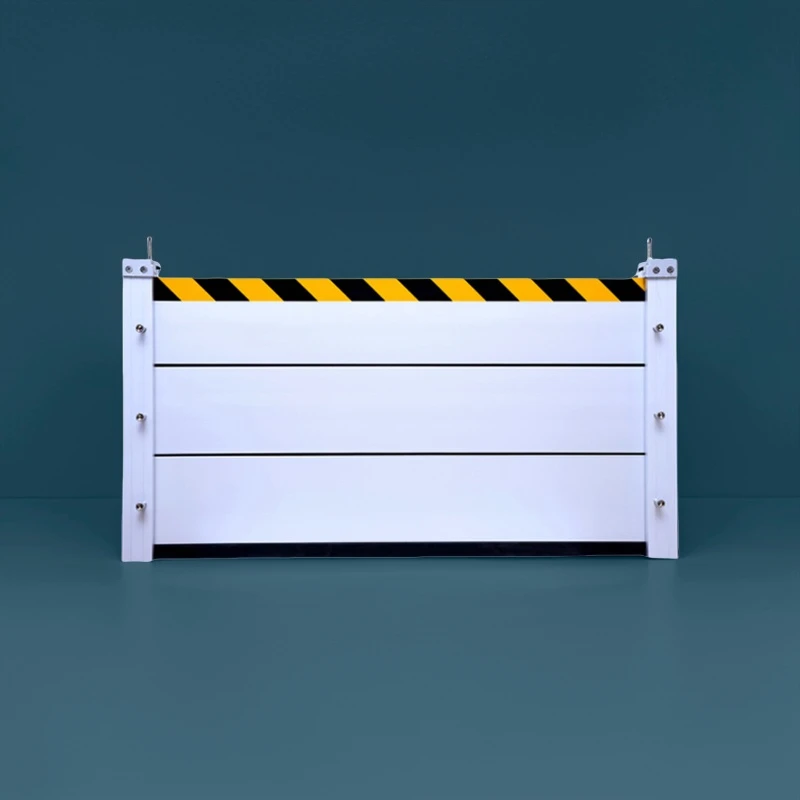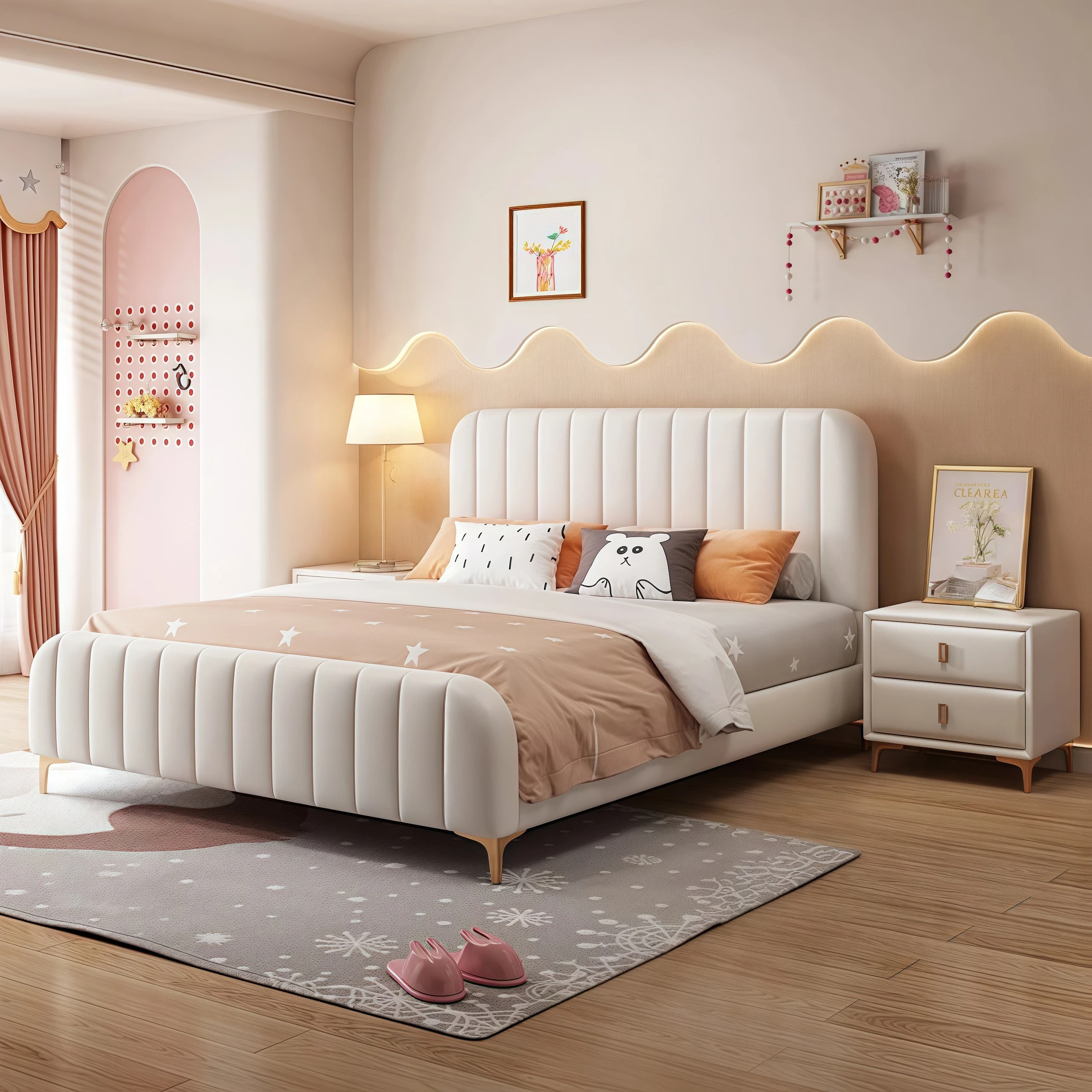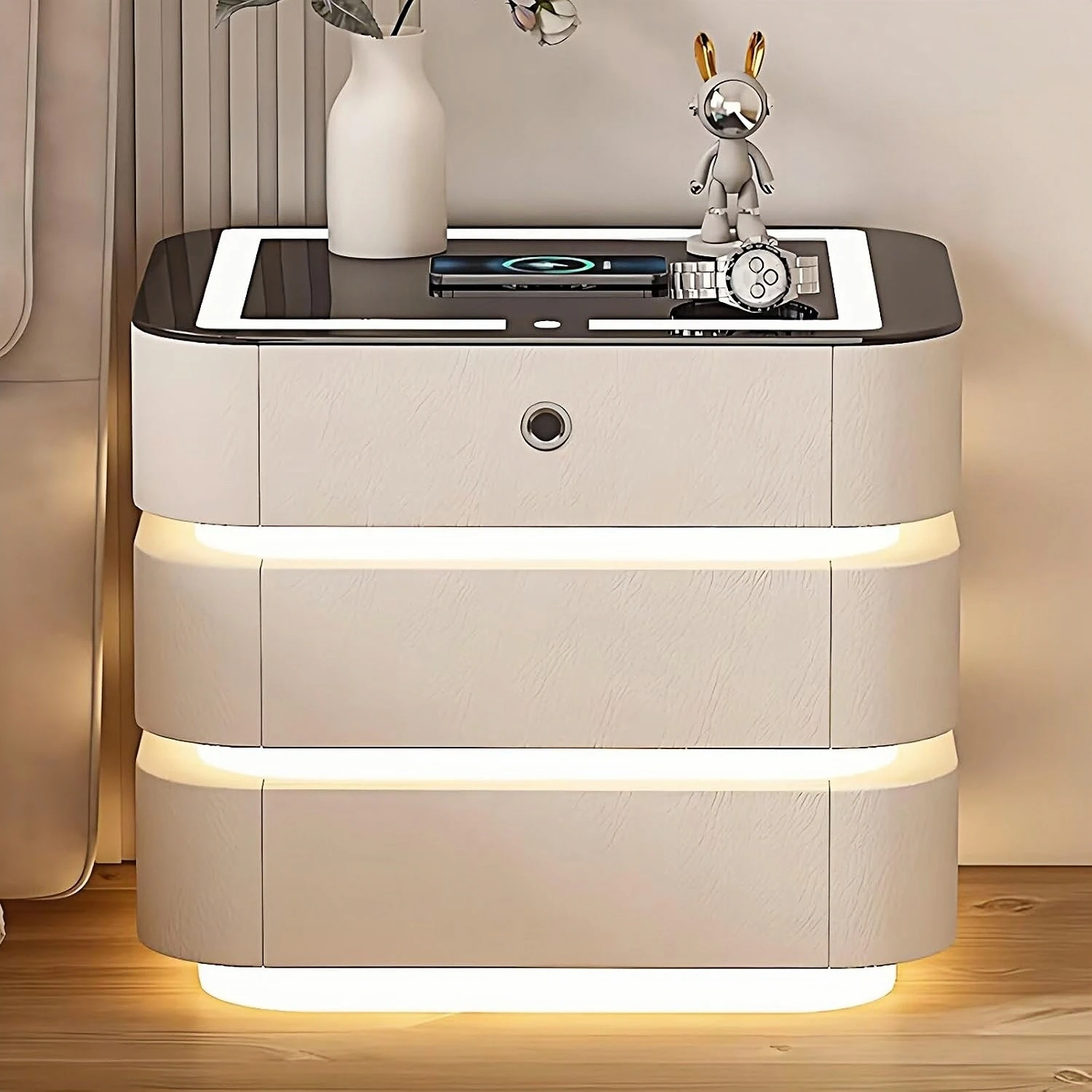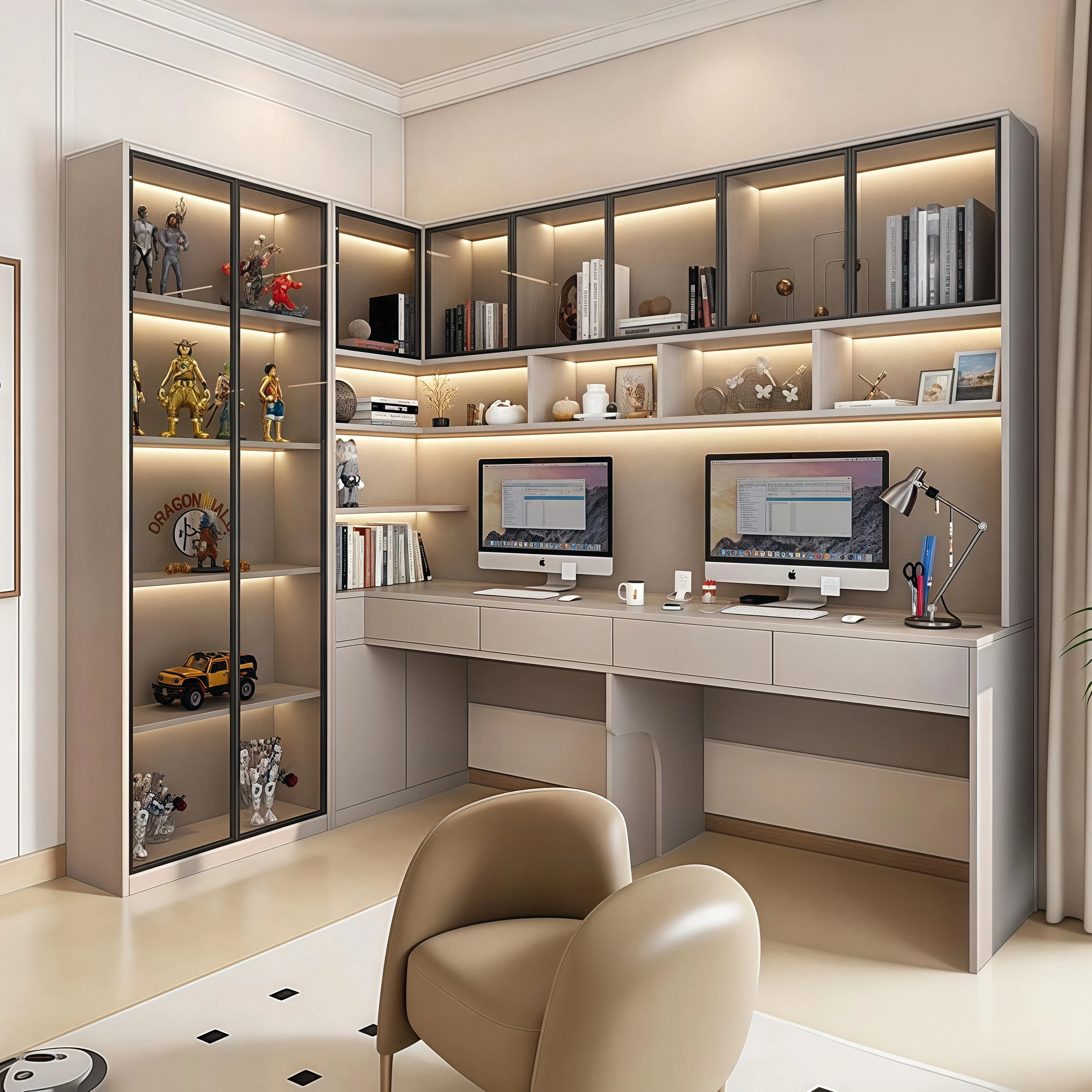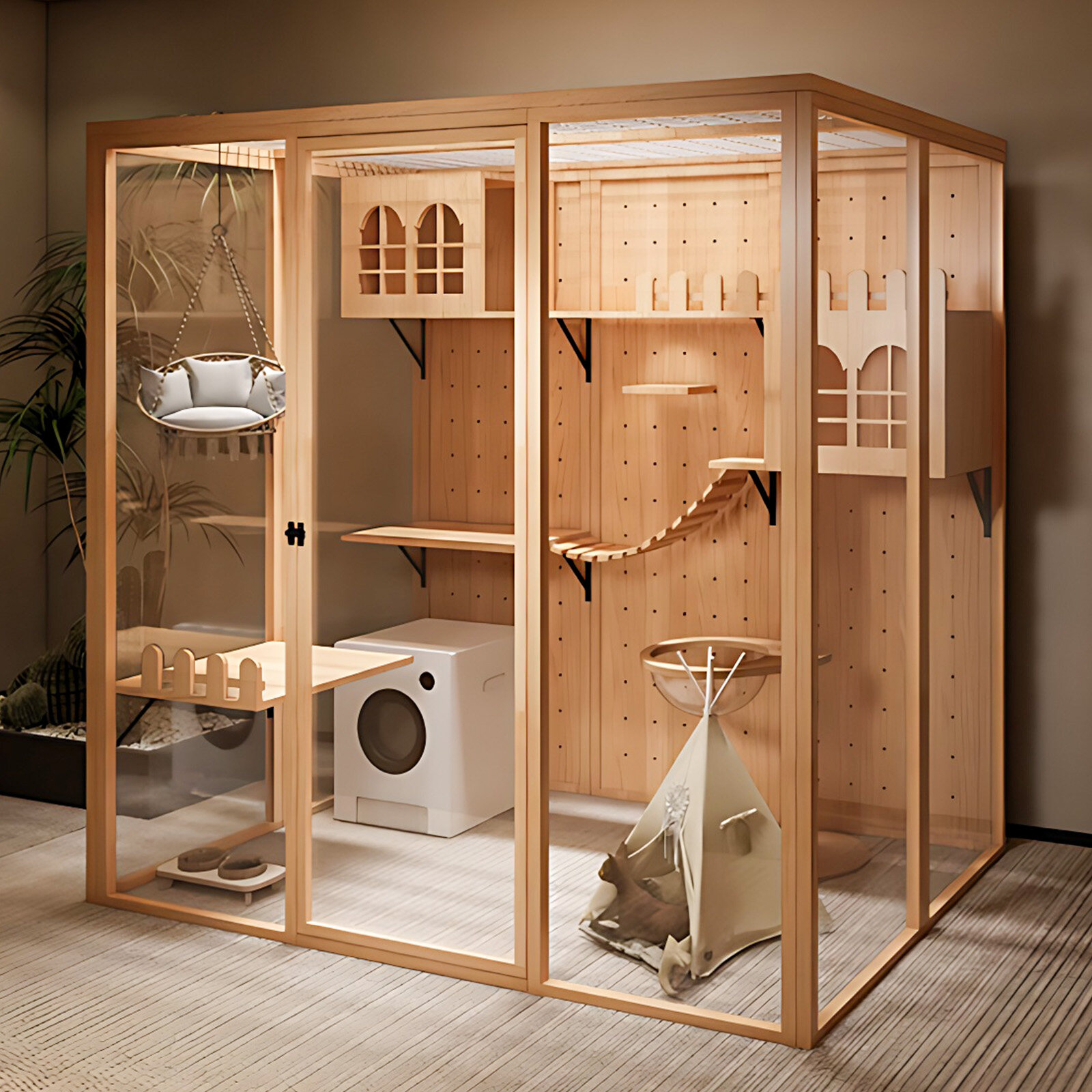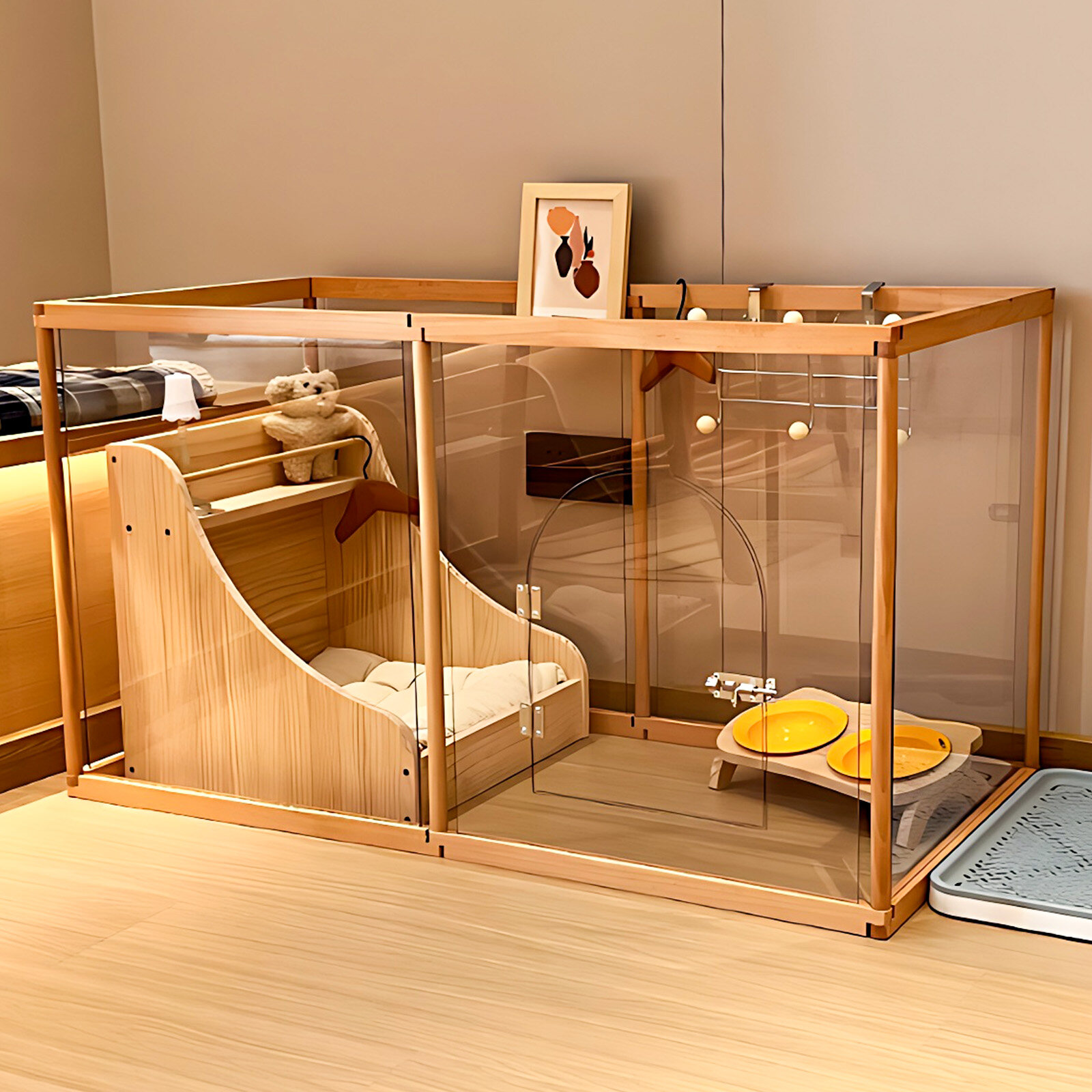In recent years, OSB boards have begun to emerge in the field of home decoration and have gradually gained widespread application. Today, let's talk about the advantages and various applications of OSB boards.
OSB boards have incomparable advantages over traditional boards in terms of formaldehyde emission, processability, fire resistance, and structural stability. OSB boards are different from traditional boards in that they have a wide range of applications, including building materials, interior decoration, furniture manufacturing, floor substrates, etc.
Europe implements the EN300 standard, and China formulates it with reference to the European standard:
OSB/1: general-purpose non-load-bearing board, used for interior decoration materials and furniture in dry conditions;
OSB/2: load-bearing board, used in dry conditions;
OSB/3: load-bearing board, used in wet conditions;
OSB/4: load-bearing board material, for use in wet conditions.
Application Interpretation:
decoration industry
OSB/2--mainly used in buildings and homes, it is an upgraded product of MDF, blockboard and plywood;
Packaging industry
OSB/3--is an ideal material for aseptic export packaging, free of fumigation, moisture-proof, pressure-resistant and impact-resistant;
furniture industry
OSB/2--Because the reconstituted wood structure has load-bearing and dimensional stability and excellent processing performance, it is suitable for making furniture;
Construction Engineering
OSB/3--used for indoor and outdoor structural materials and decorative materials, concrete formwork, etc.
Flooring industry
OSB/3 - the base material of solid wood composite flooring, replacing density board, block board and plywood. It is moisture-proof, stable in performance and does not deform.
Light steel villa OSB application:
The recommended thickness of OSB board for wall is 9-12mm
The recommended thickness of OSB board for roofing is 12-15mm
Recommended thickness of OSB board for floor is 15-18mm
OSB board is made from carefully selected Australian pine wood as its base material. Australian pine wood has a uniform structure, consistent density, thickness, and strength within the board, with no voids or scars, uniform shrinkage, and no warping or deformation. The wood also has excellent nail holding power and strong permeability, making it extremely easy to treat with corrosion protection, drying, curing, and coloring. Australian pine wood is a high-quality material with medium density, uniform structure, uniform shrinkage, and strong stability, and it also has excellent screw holding power.
The pine wood used in OSB boards has an air-purifying effect. Its light, fresh woody aroma can bring a refreshing mood, help relieve stress, and promote blood circulation. It also has antibacterial, disinfectant, and anti-inflammatory properties. The imported MDI glue used in the boards does not contain any formaldehyde, ensuring that no formaldehyde is added during the board processing, making them as environmentally friendly as logs.

 USD
USD
 GBP
GBP
 EUR
EUR
